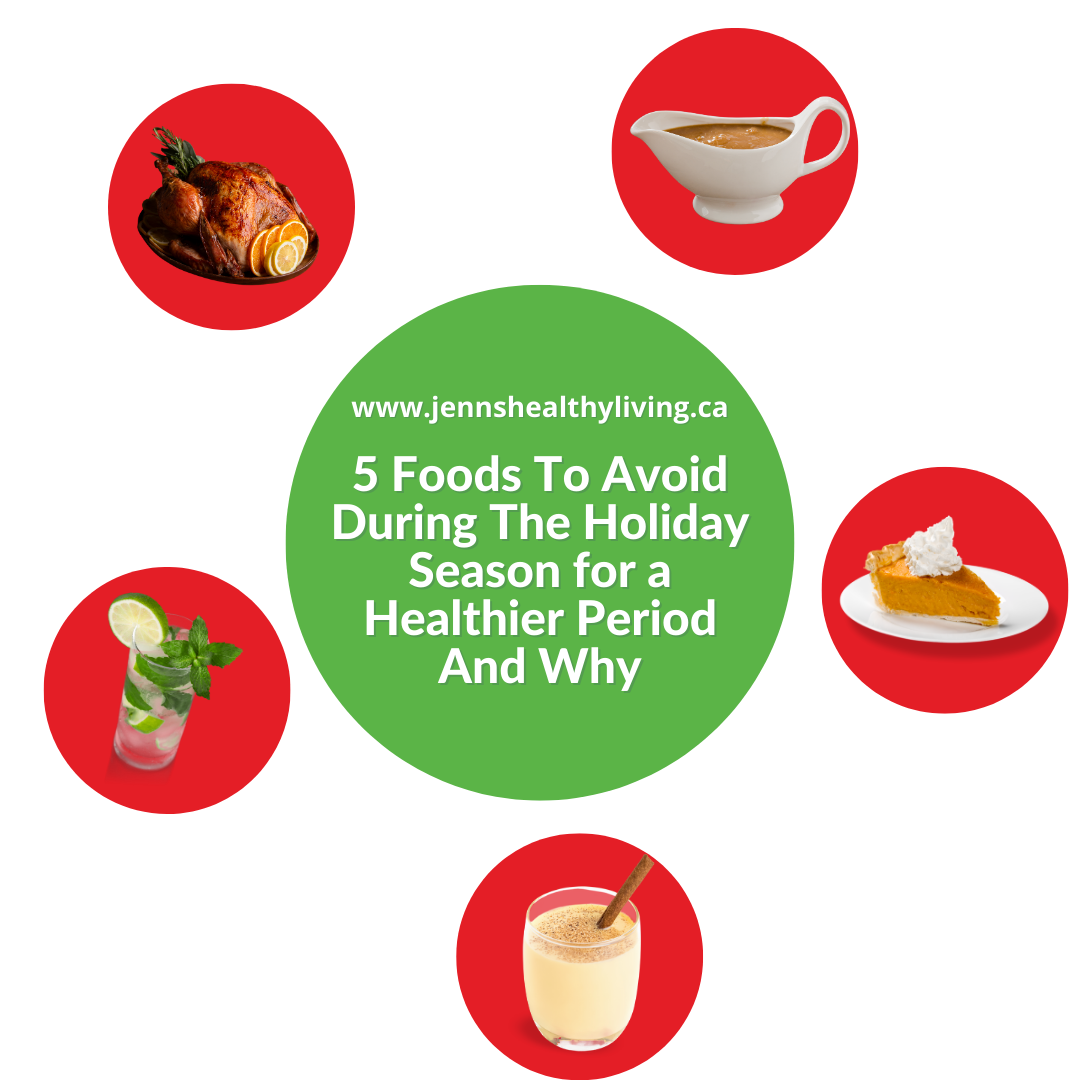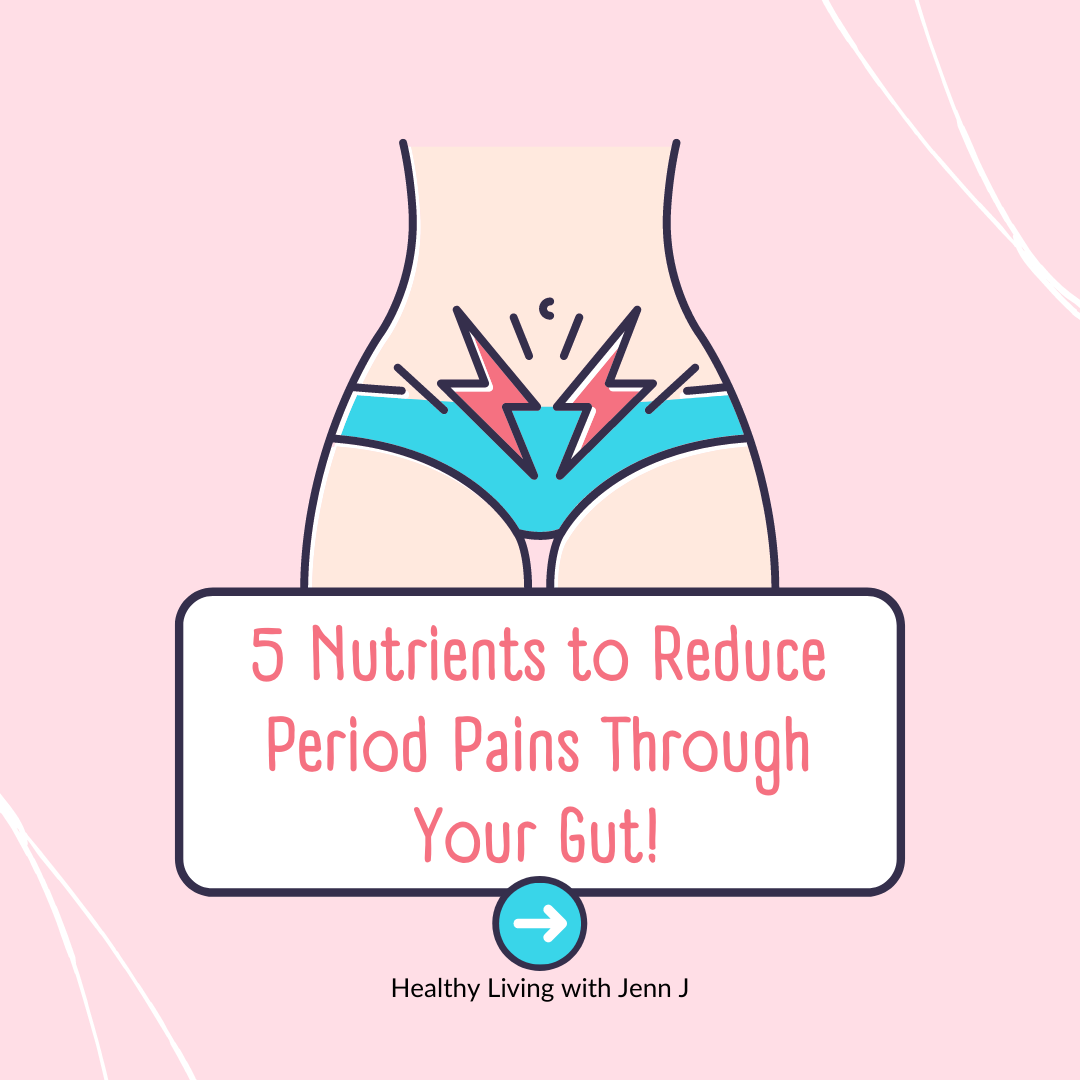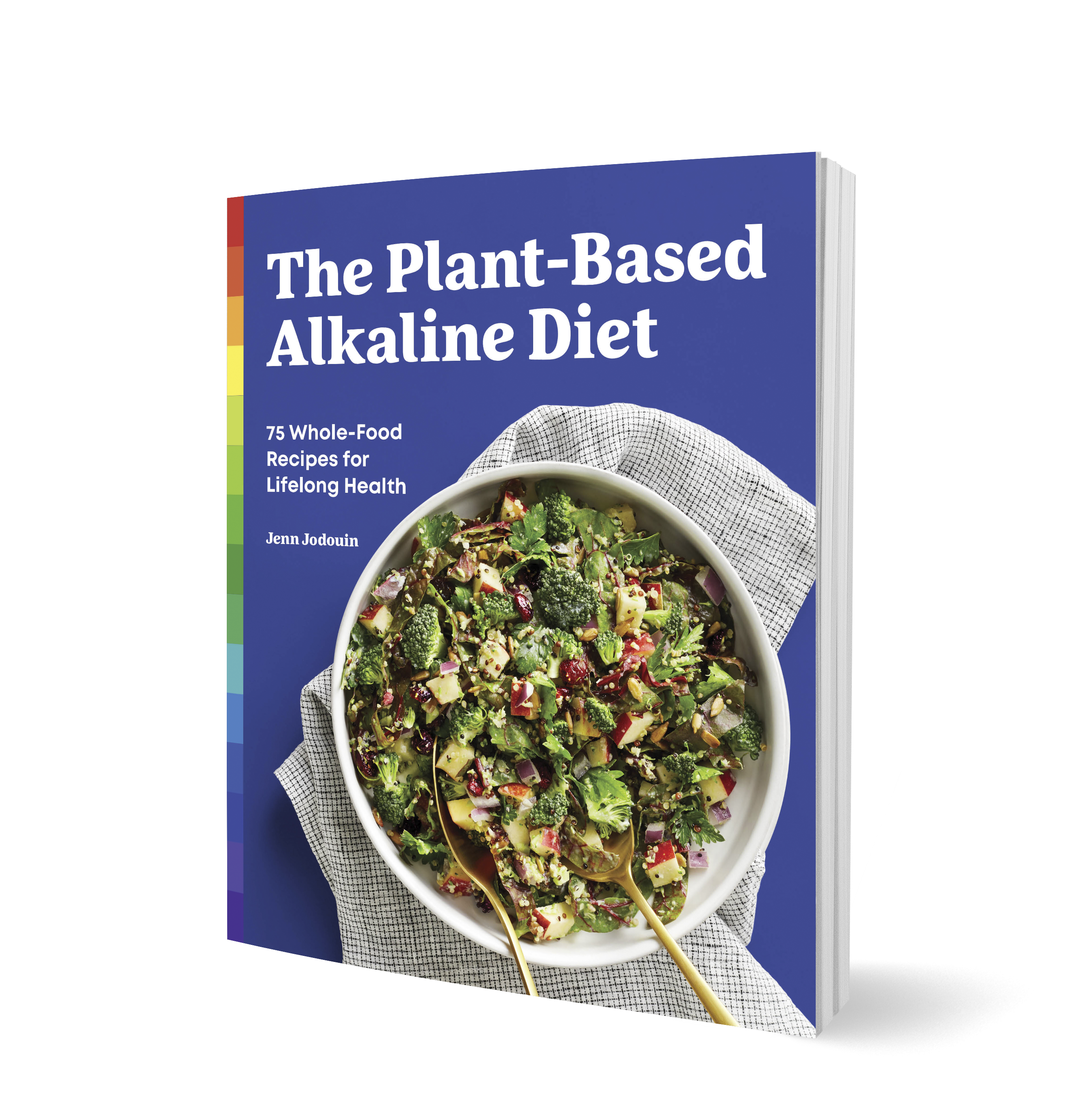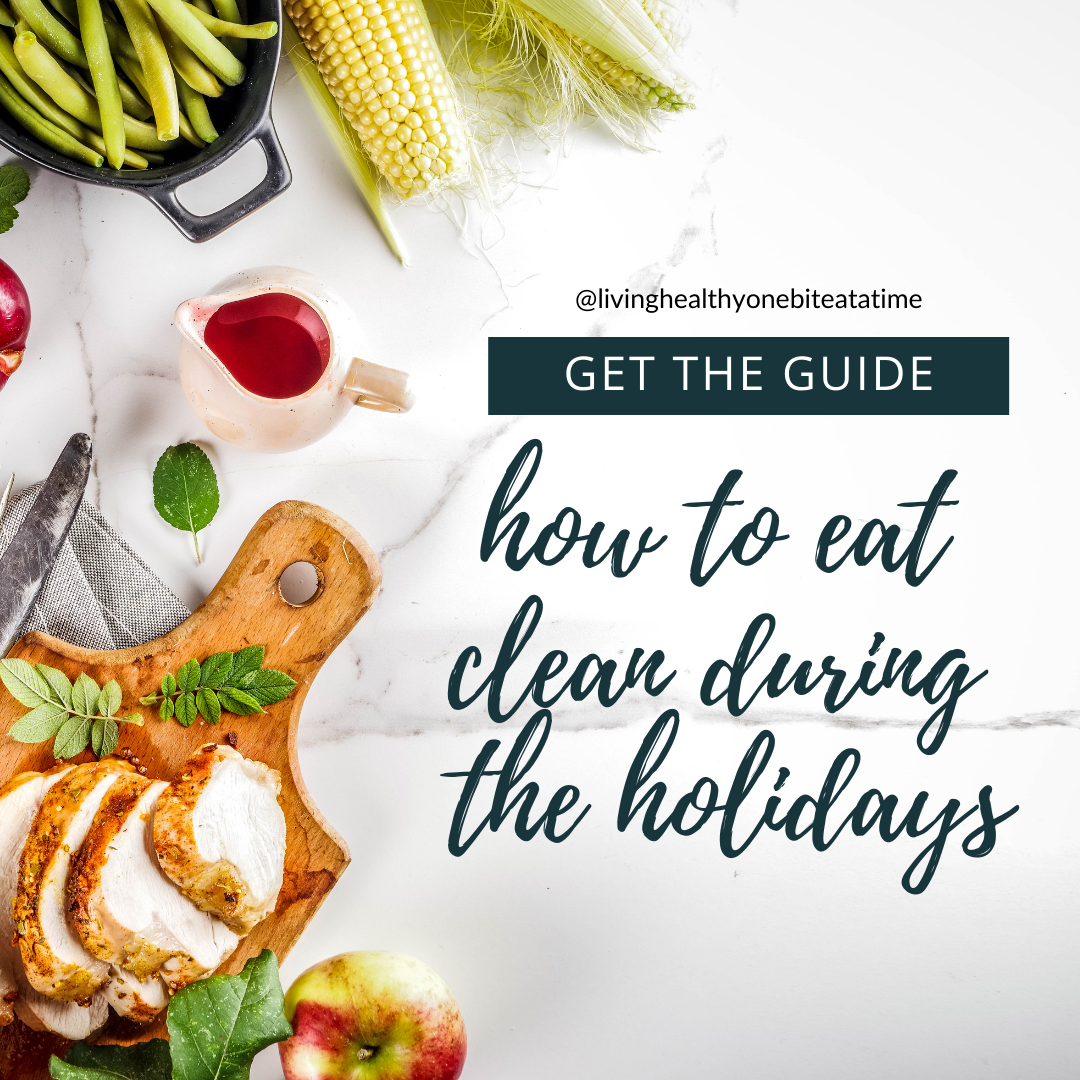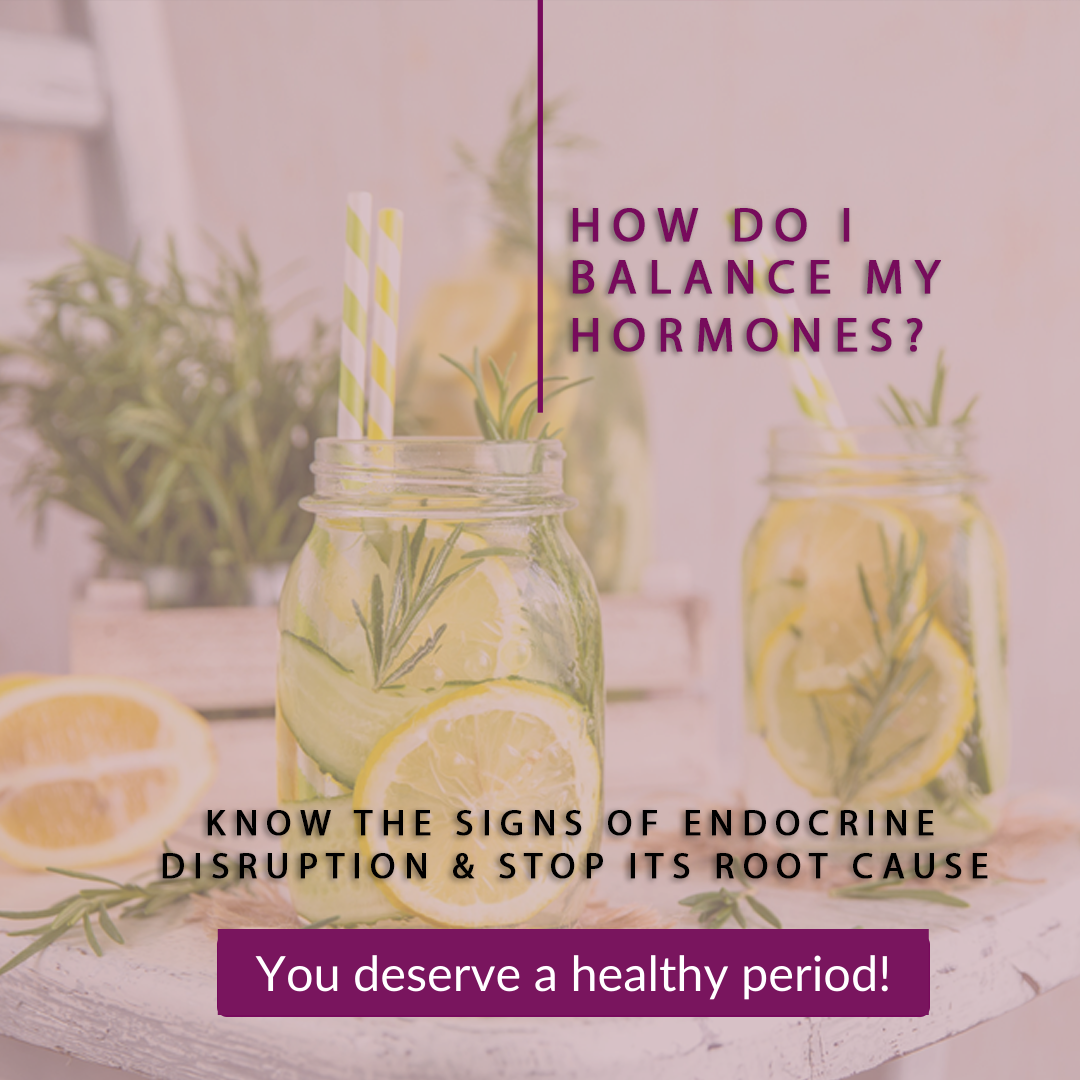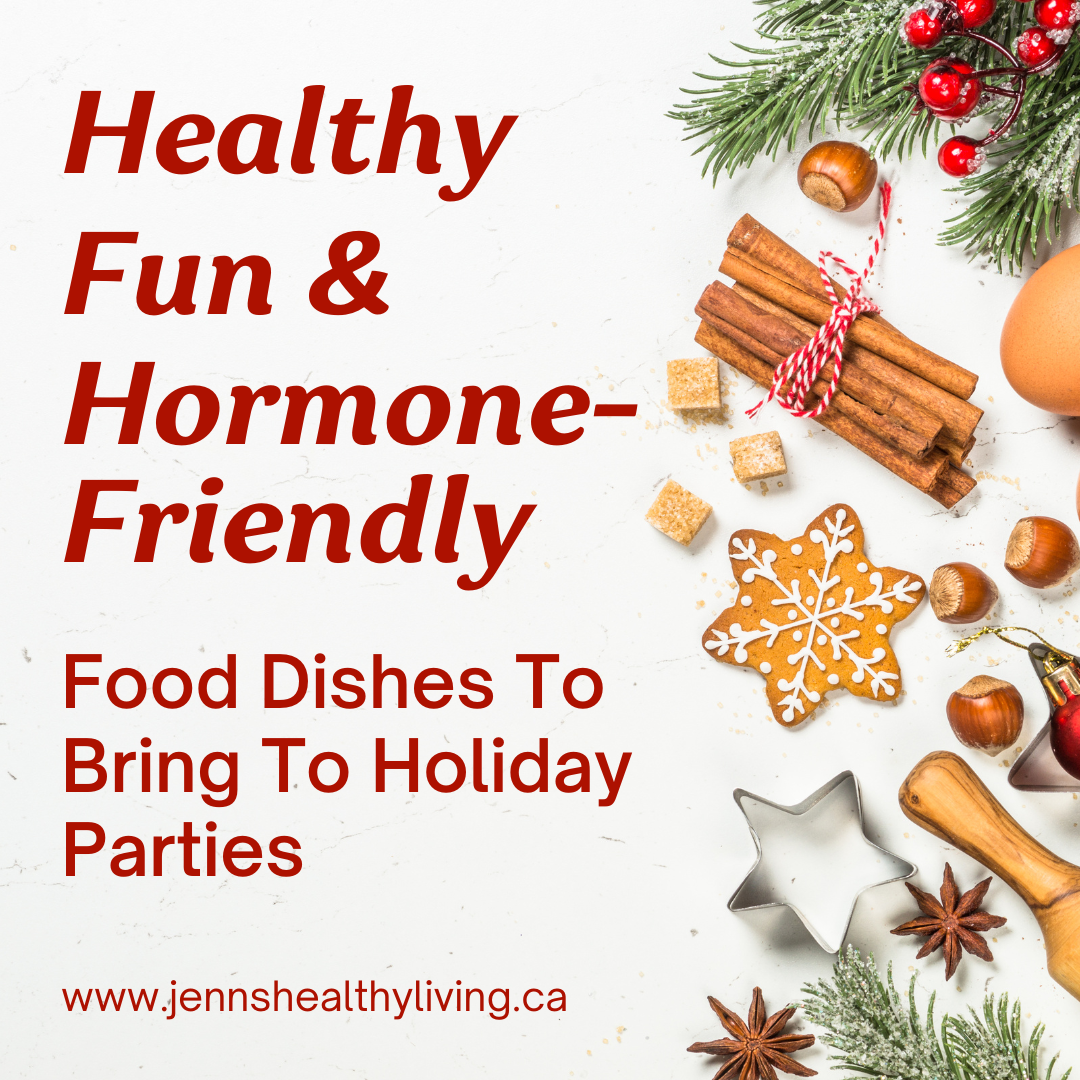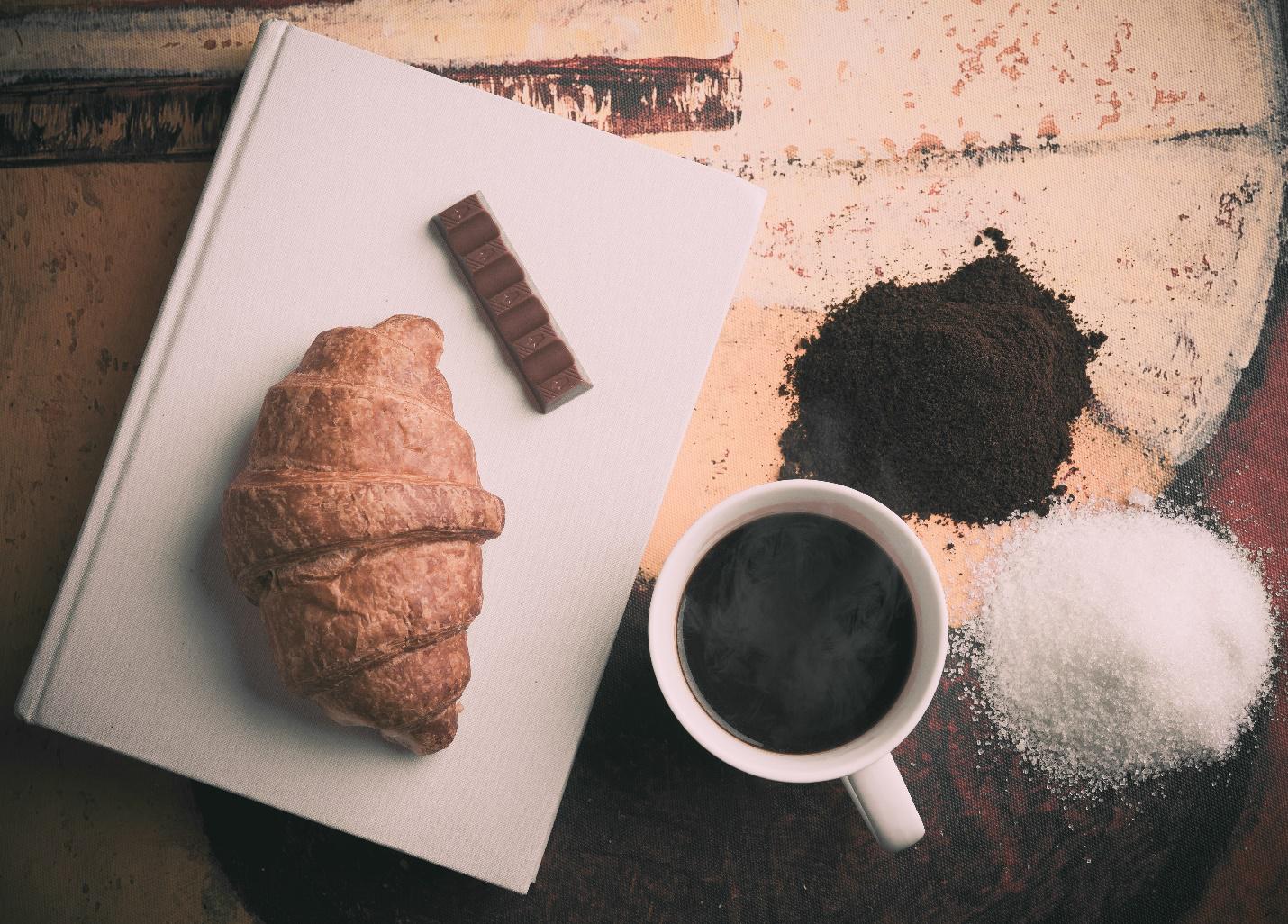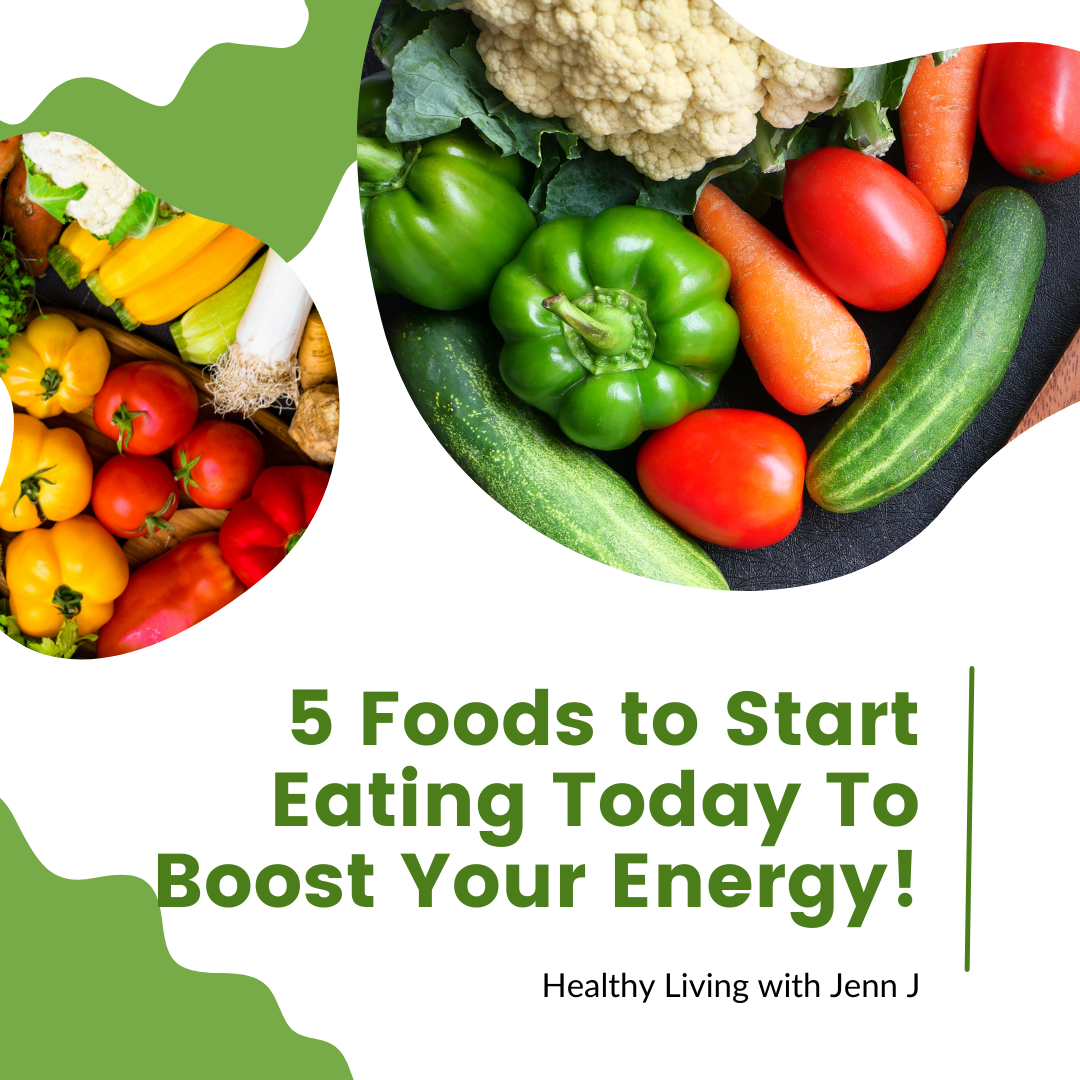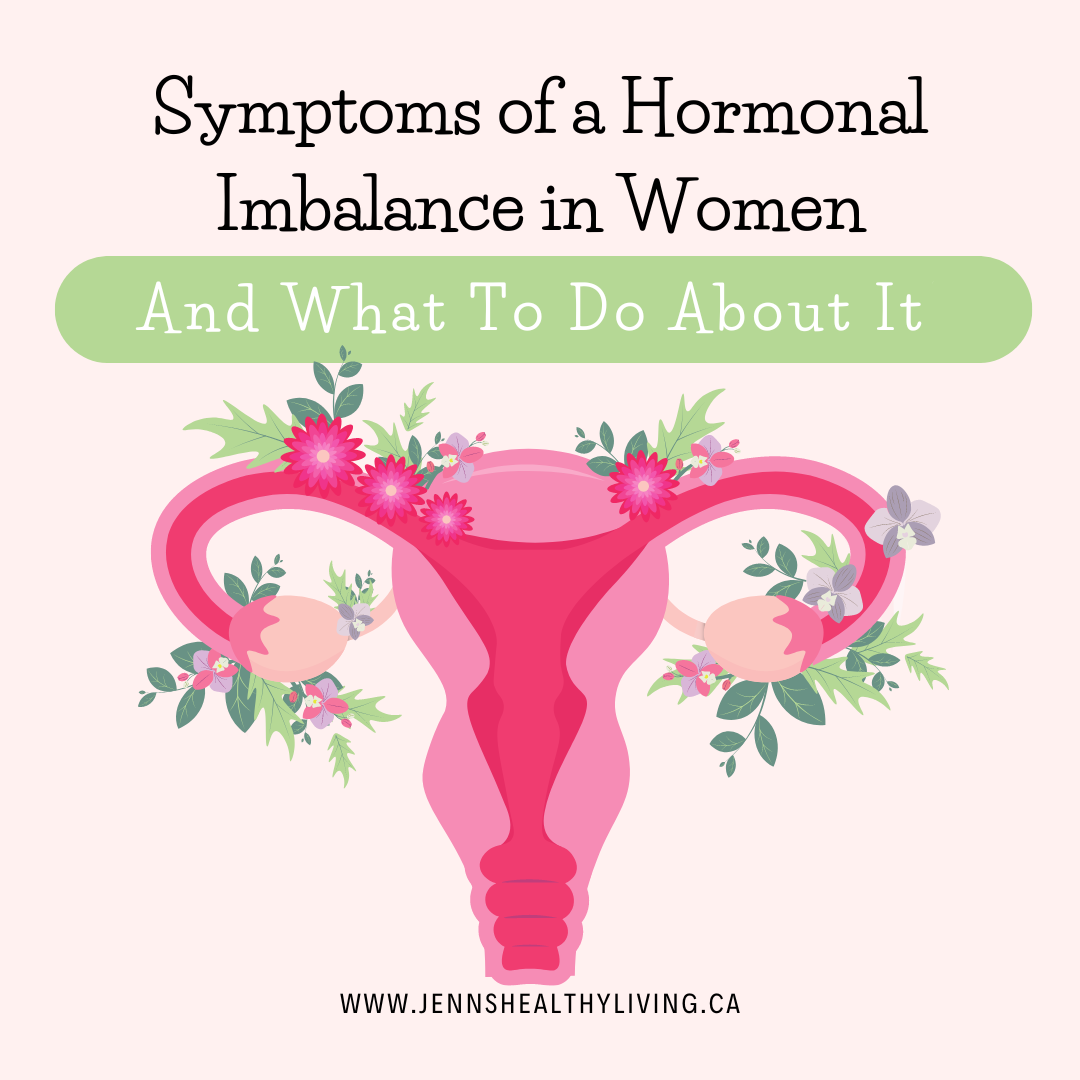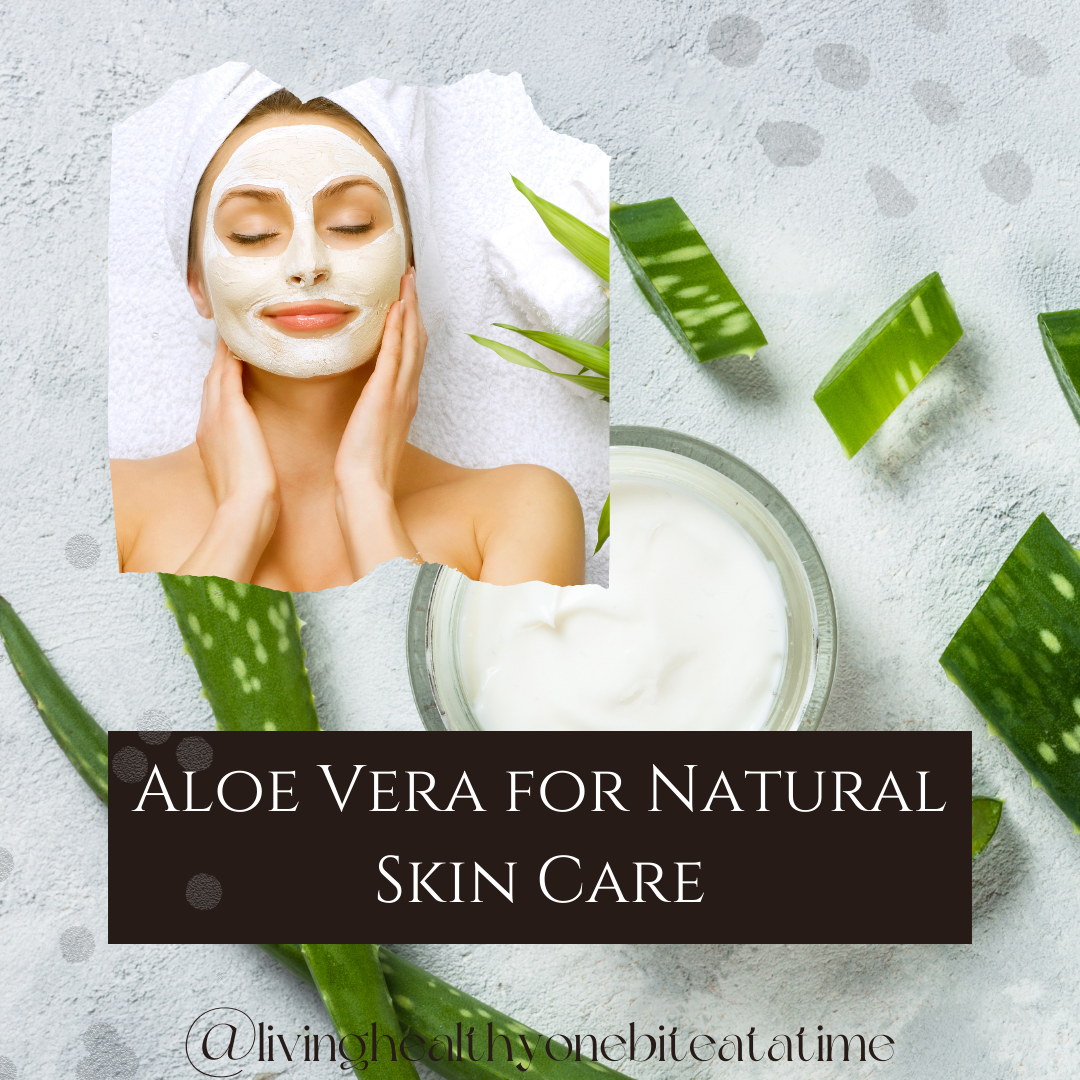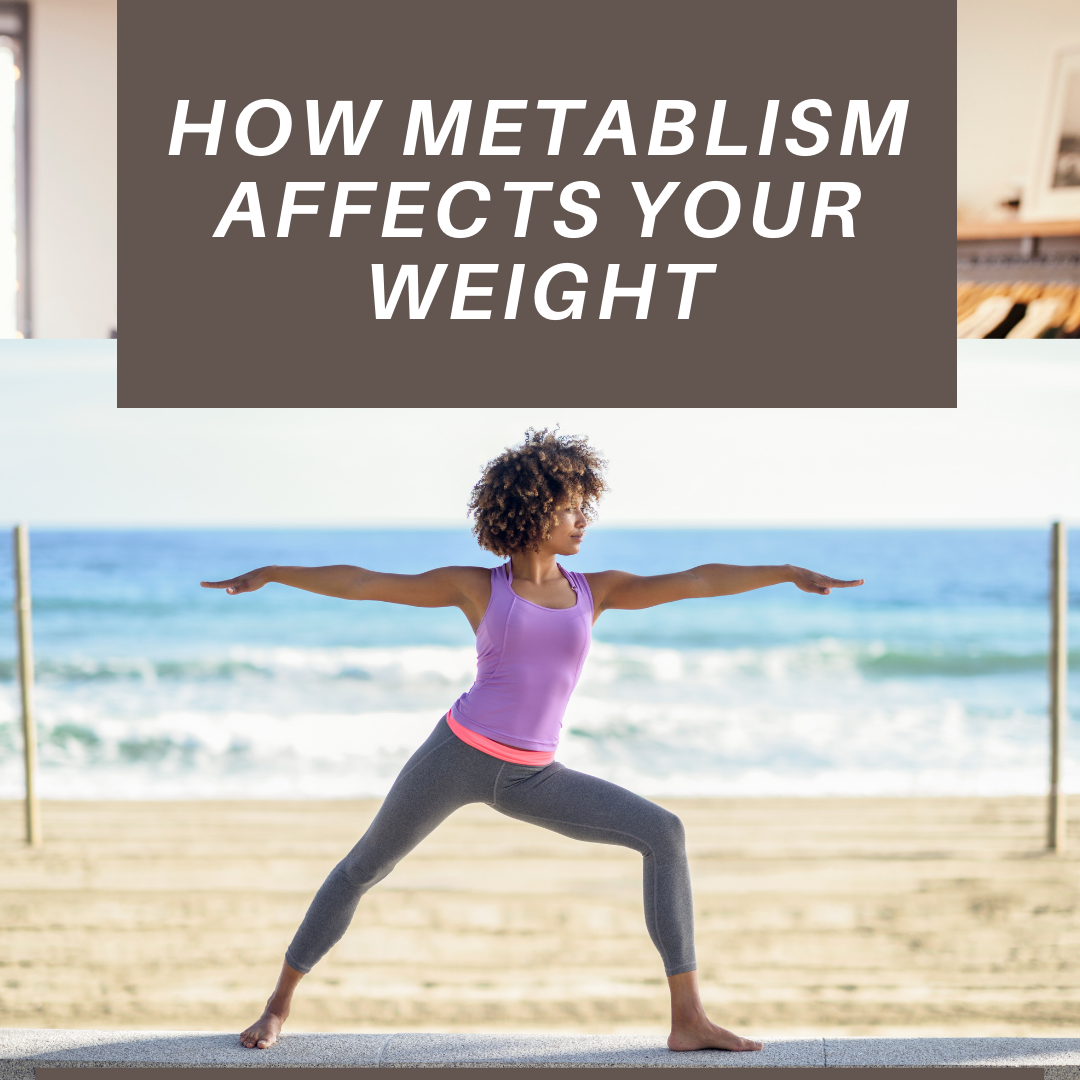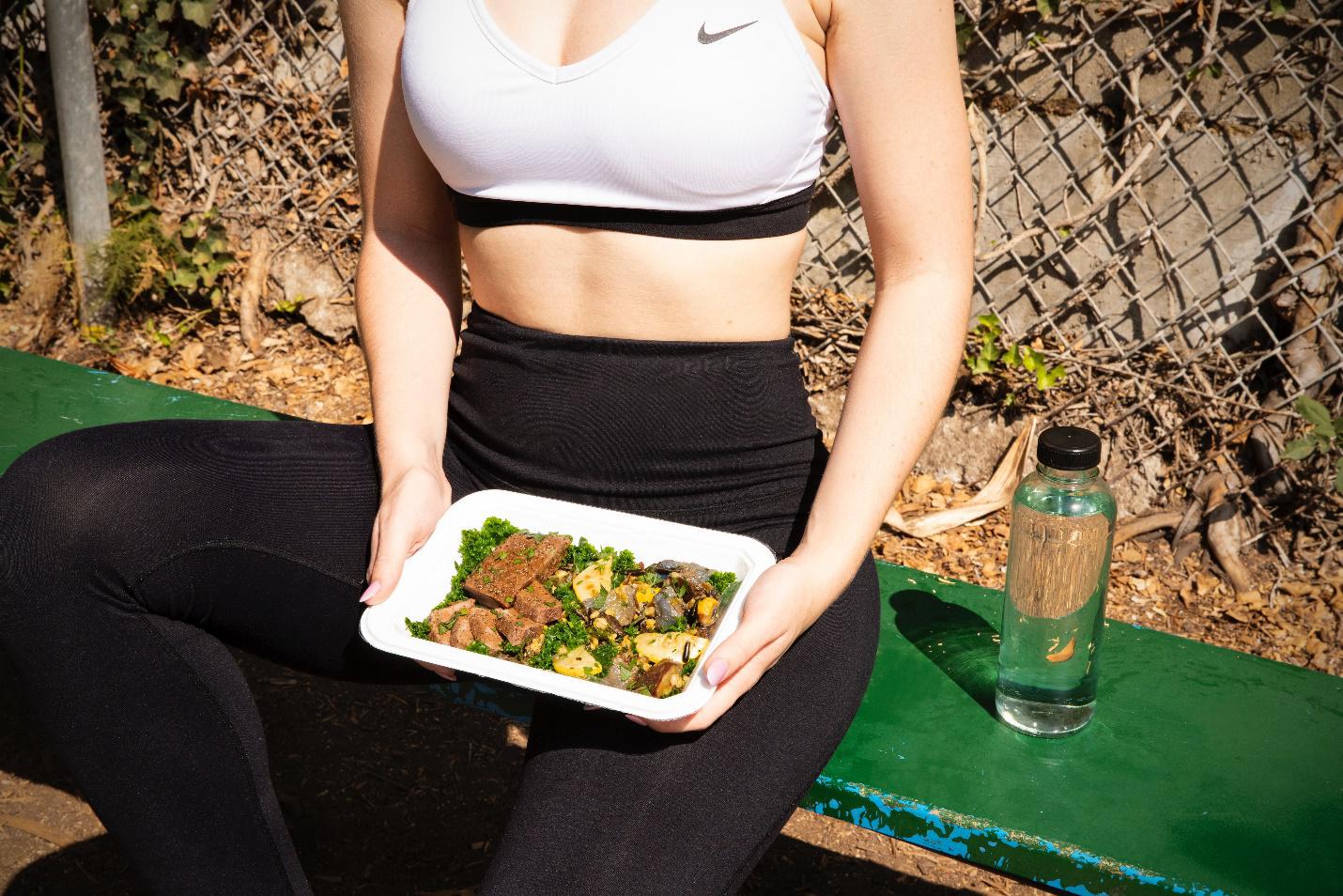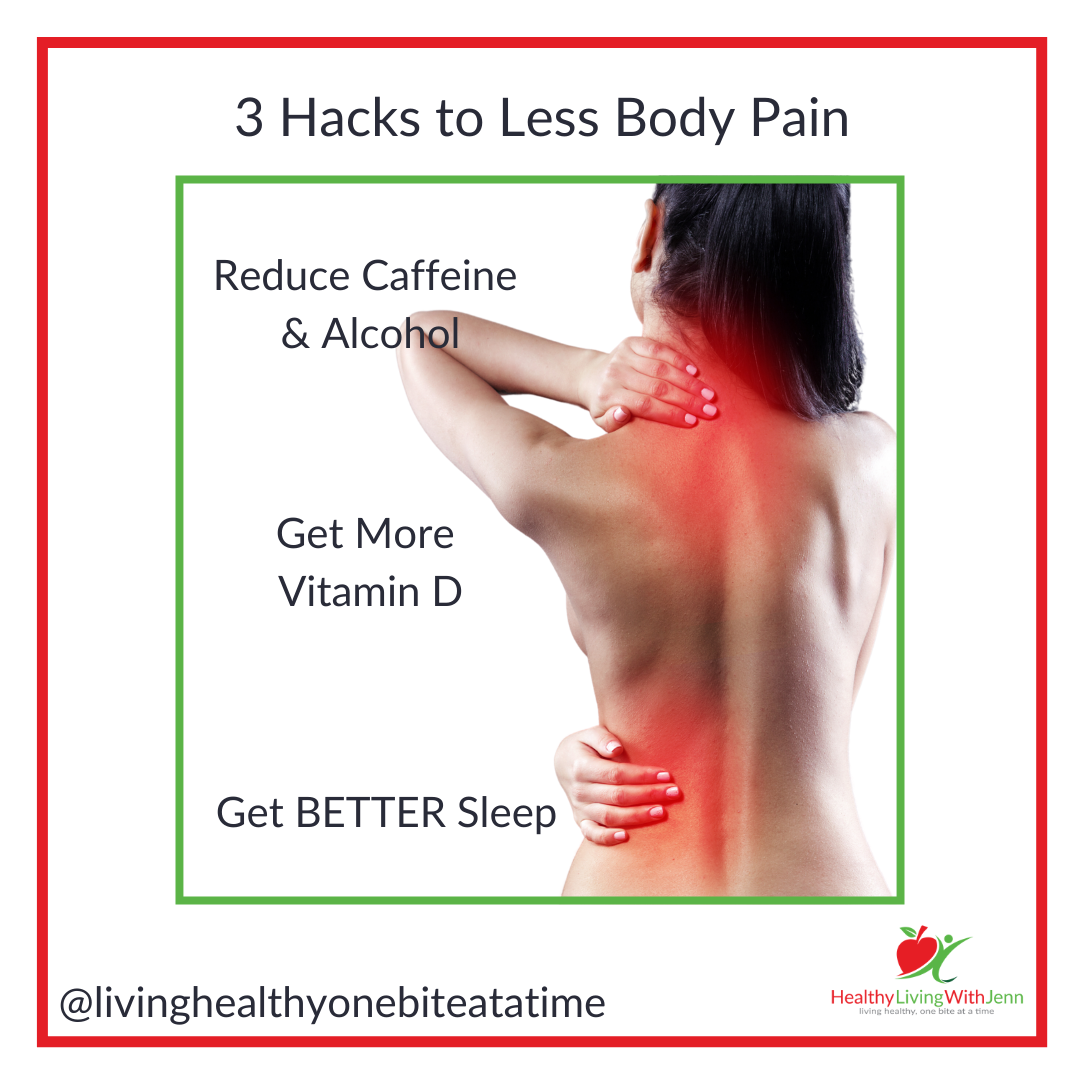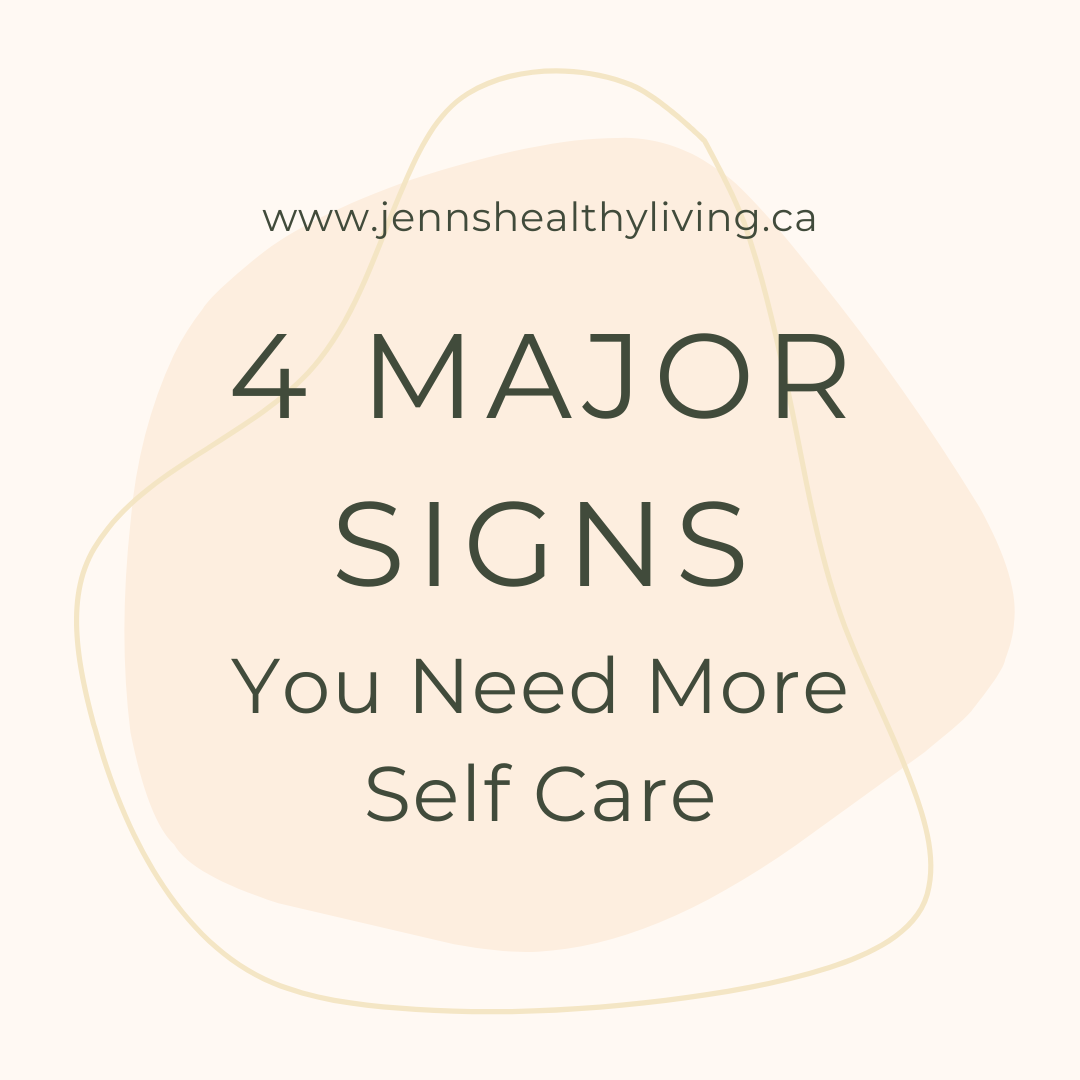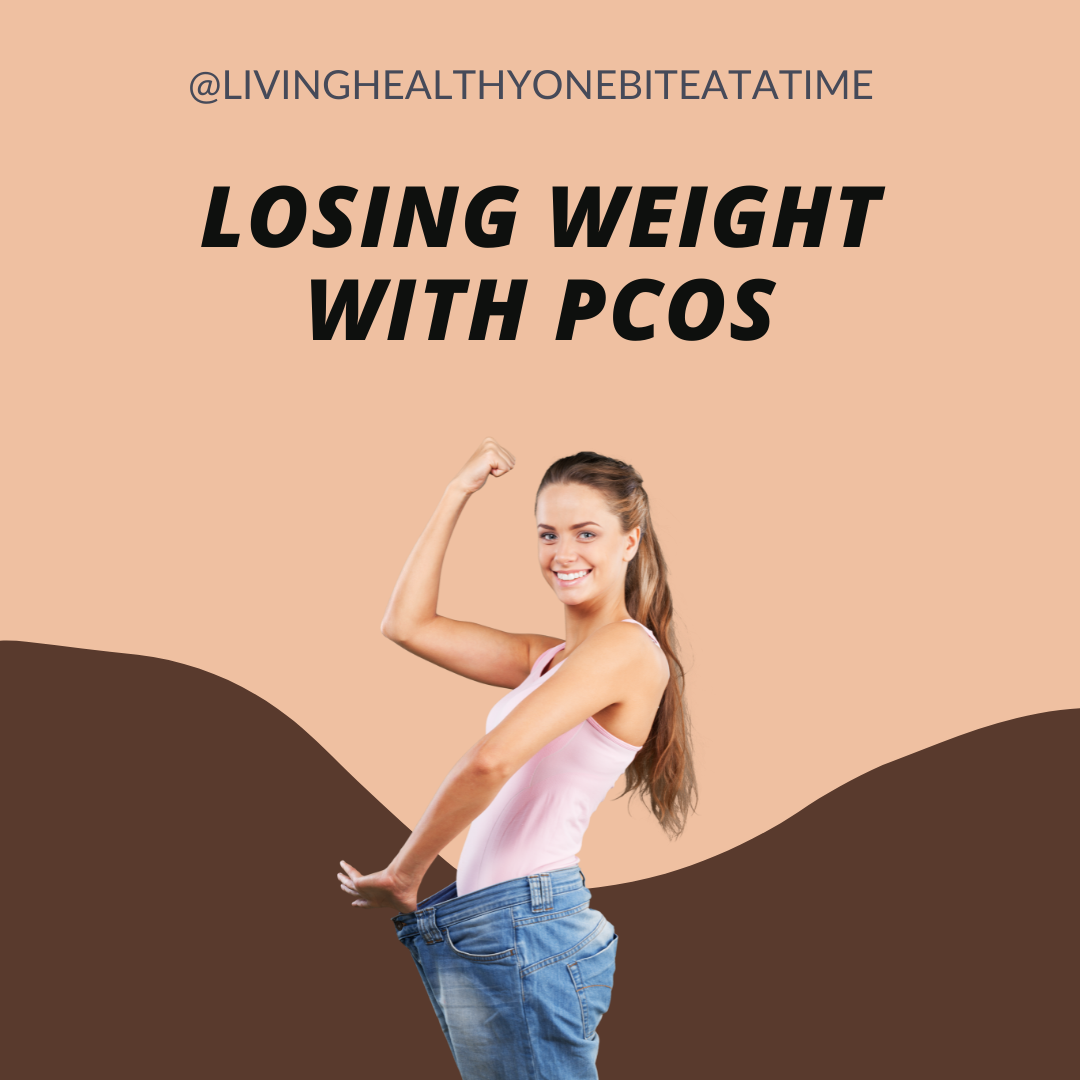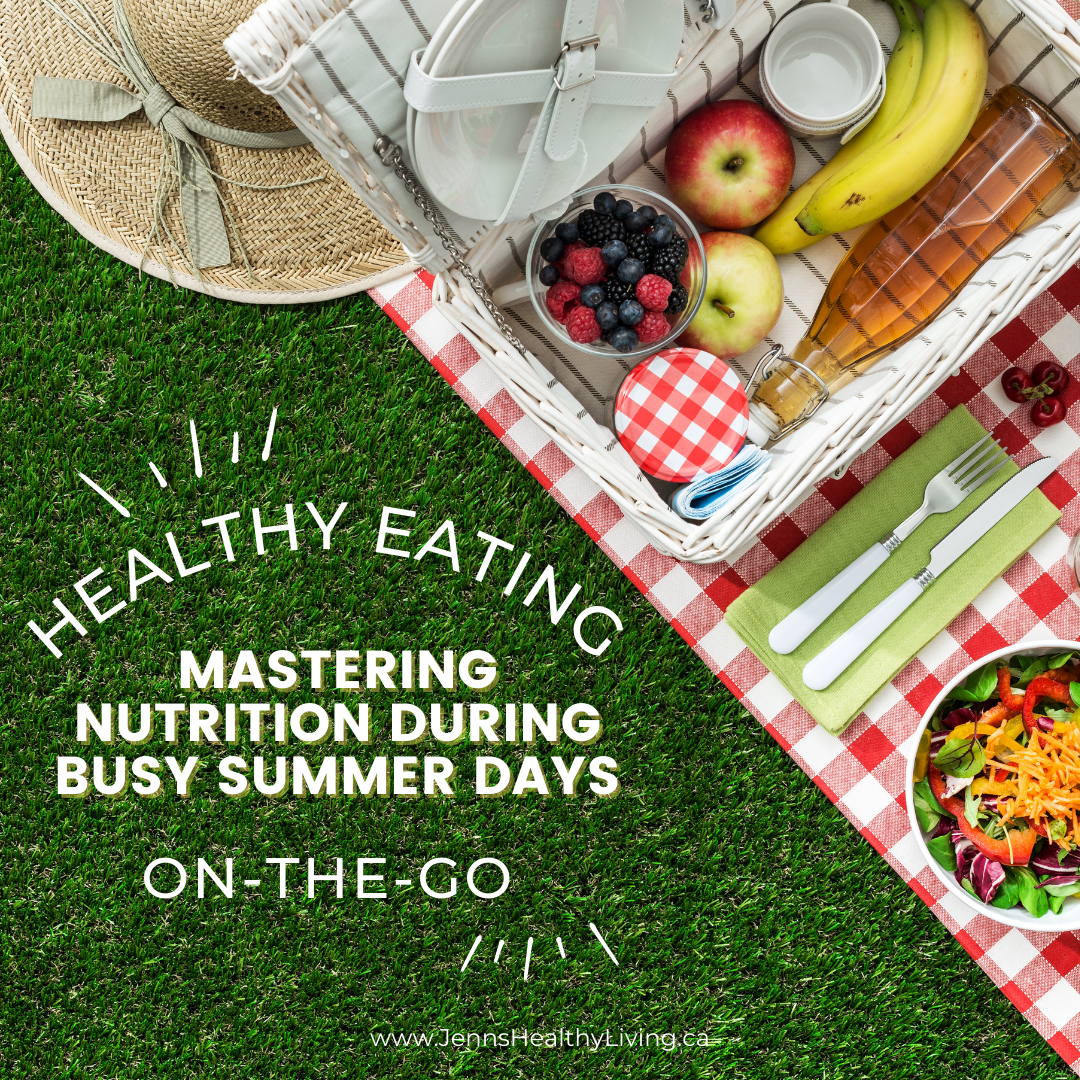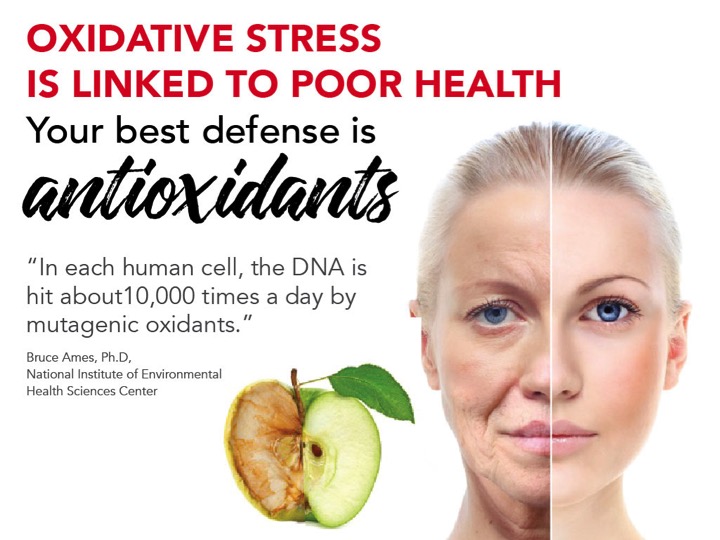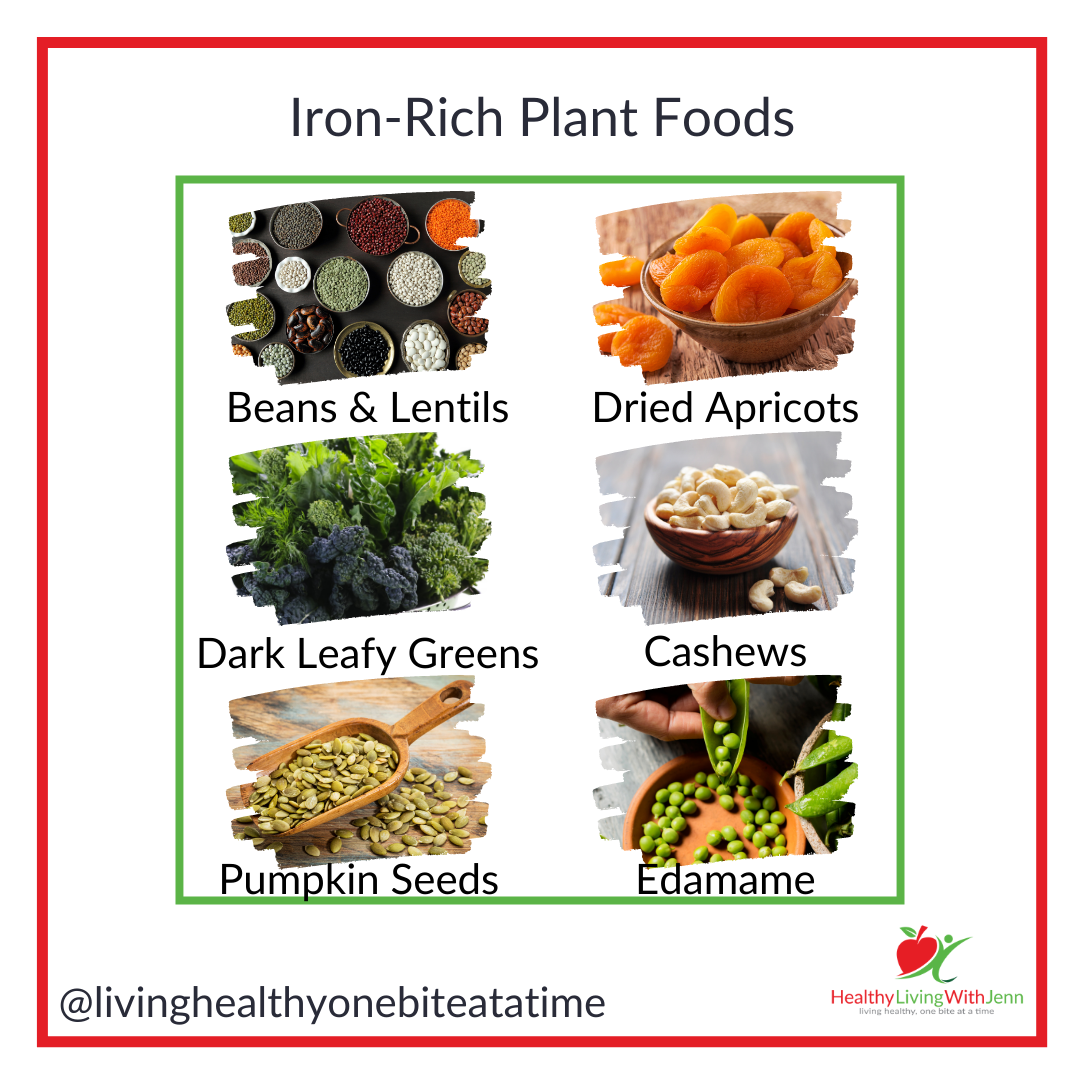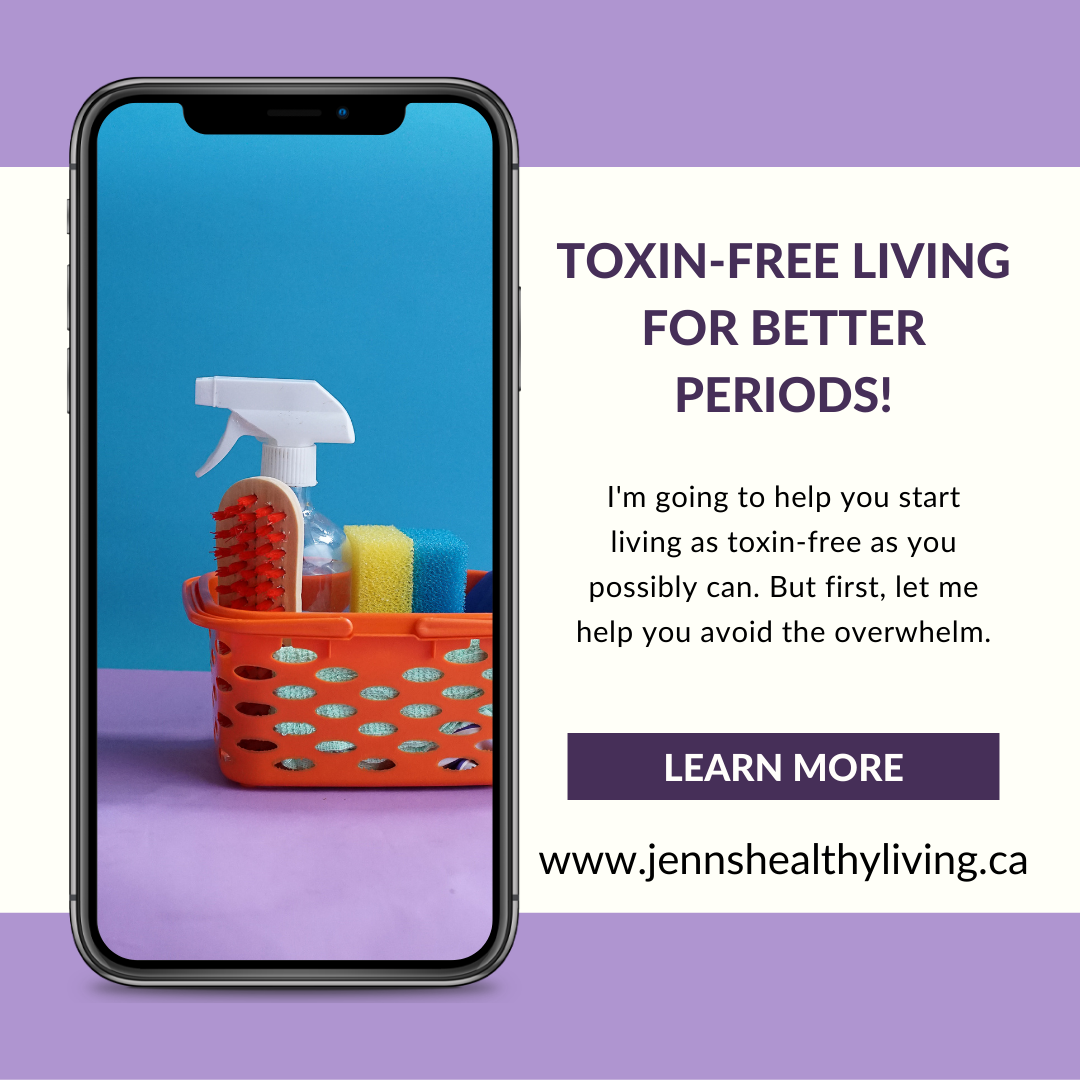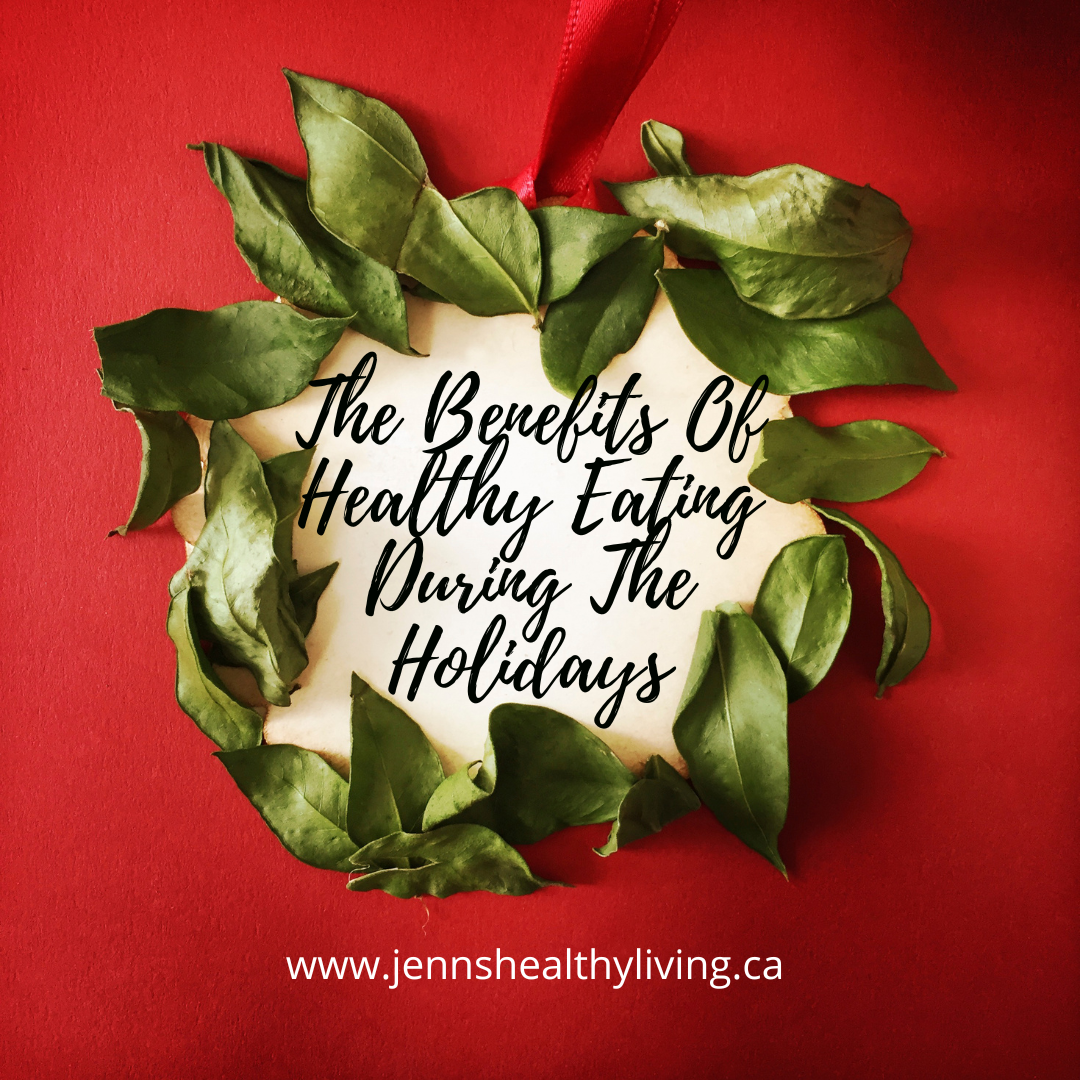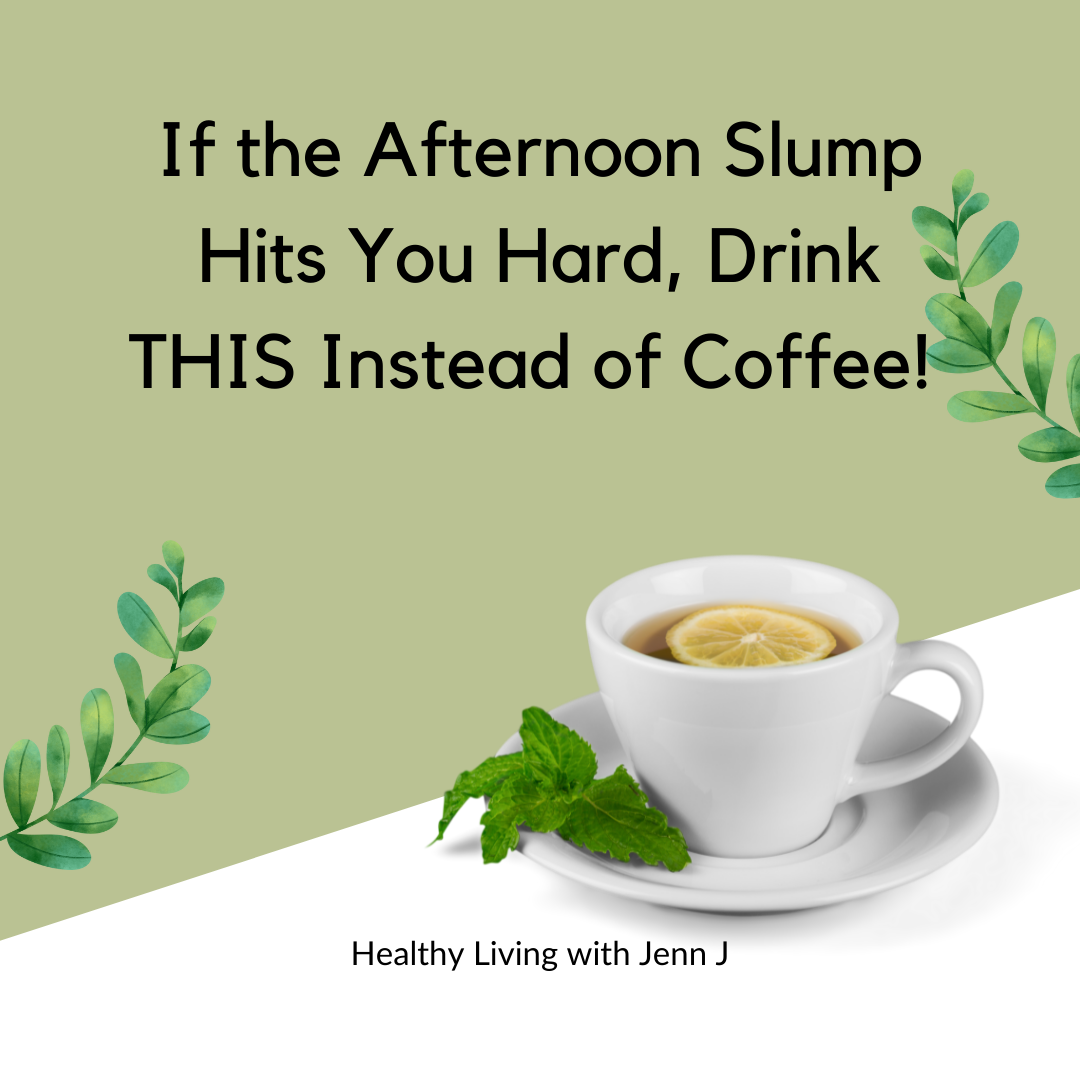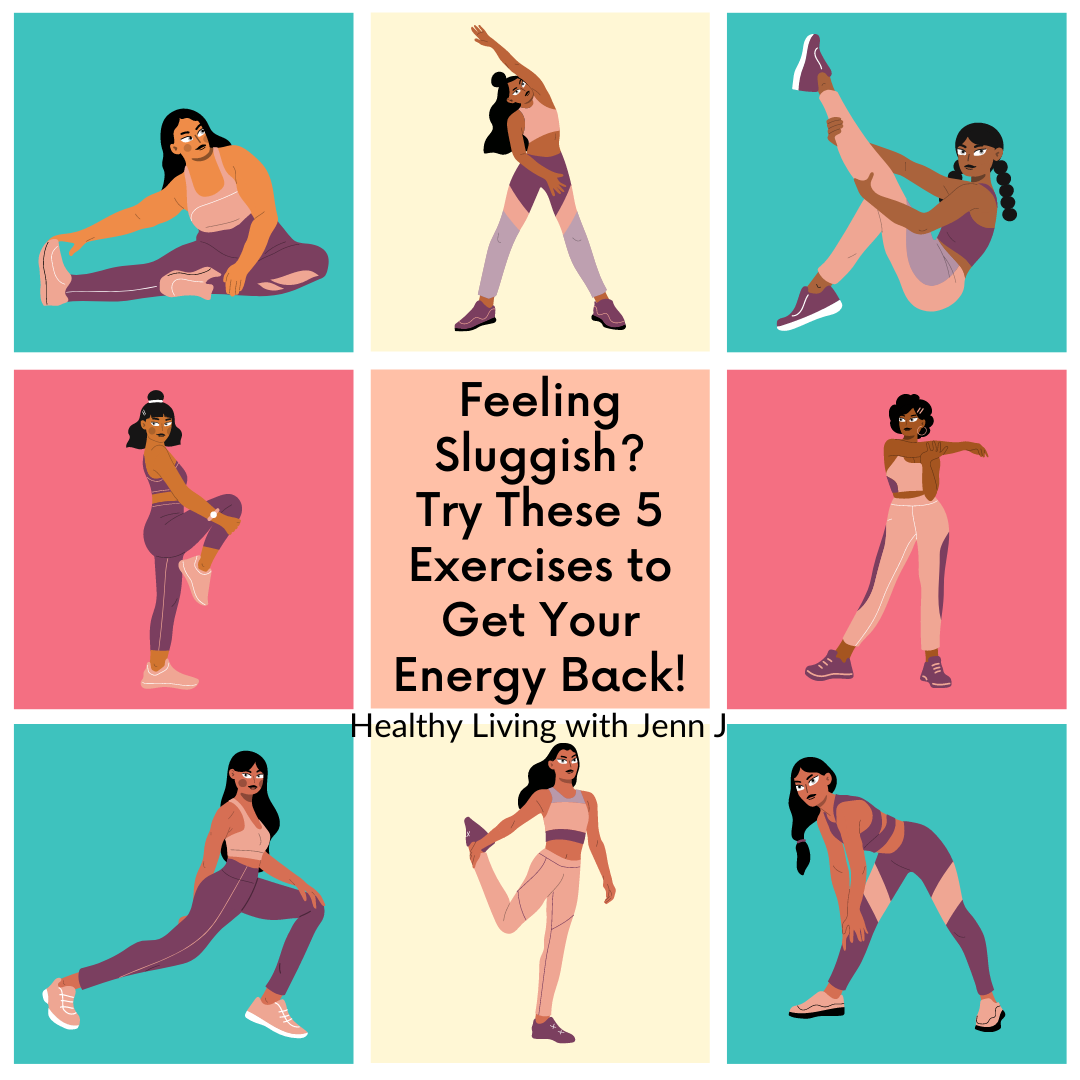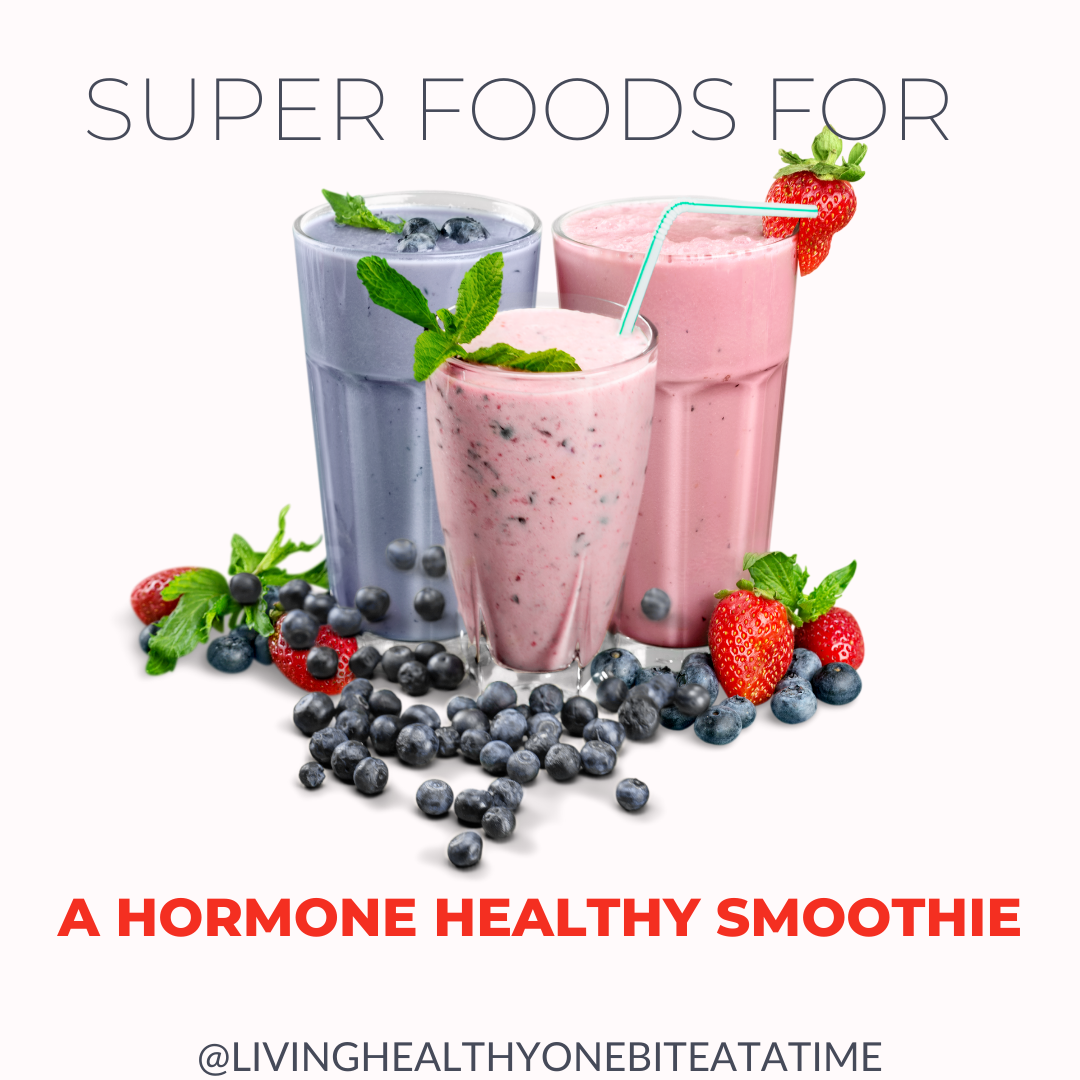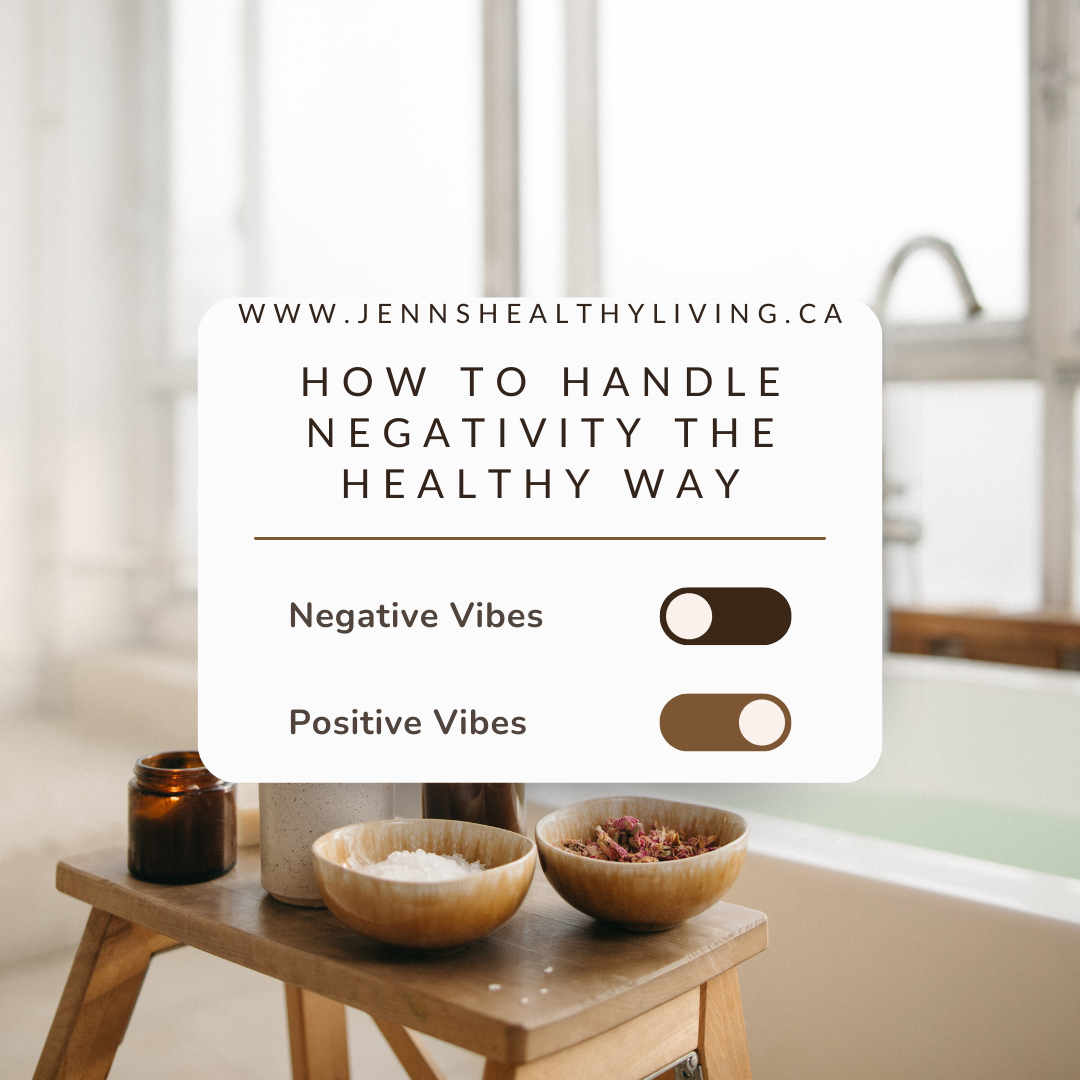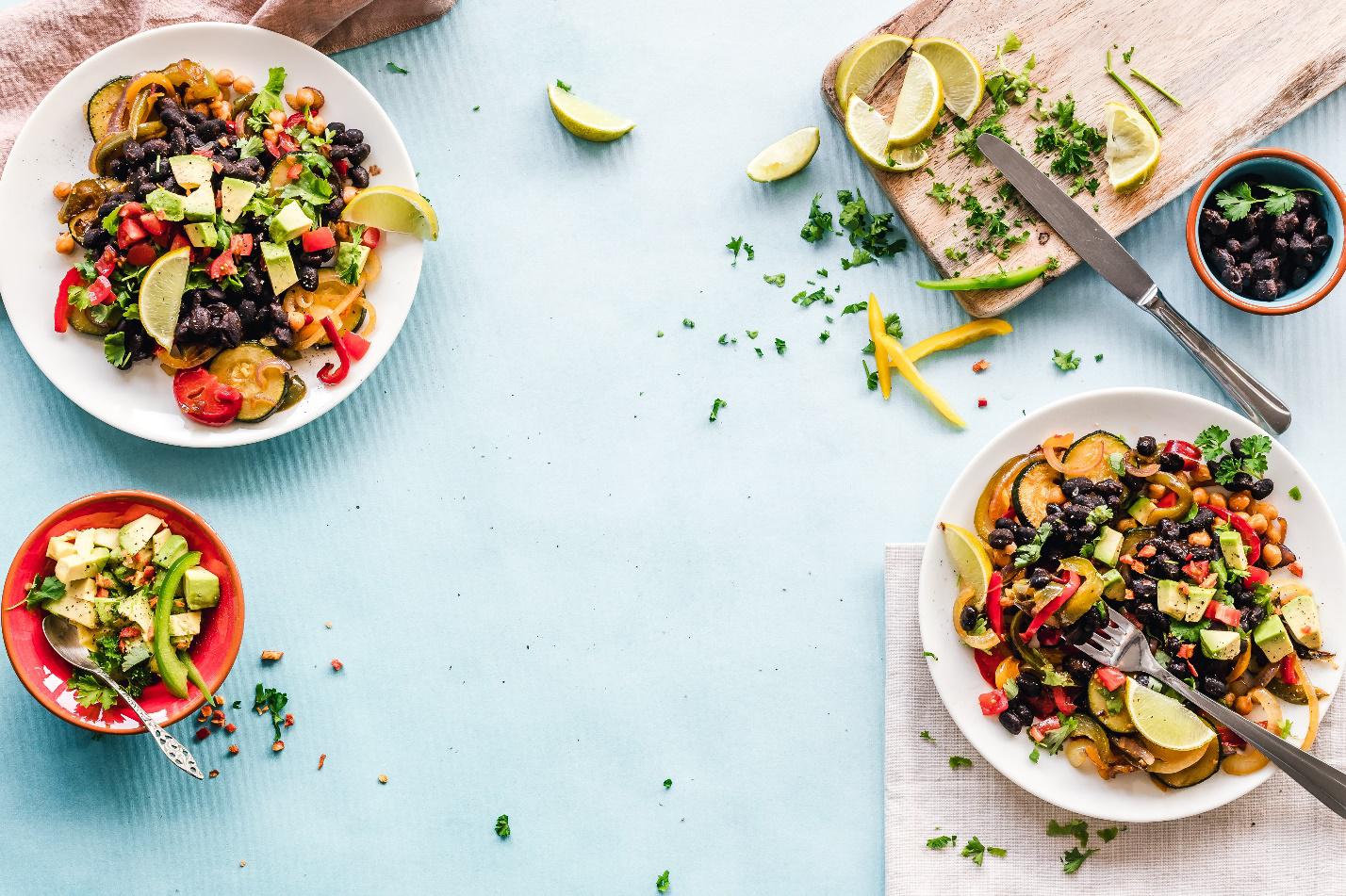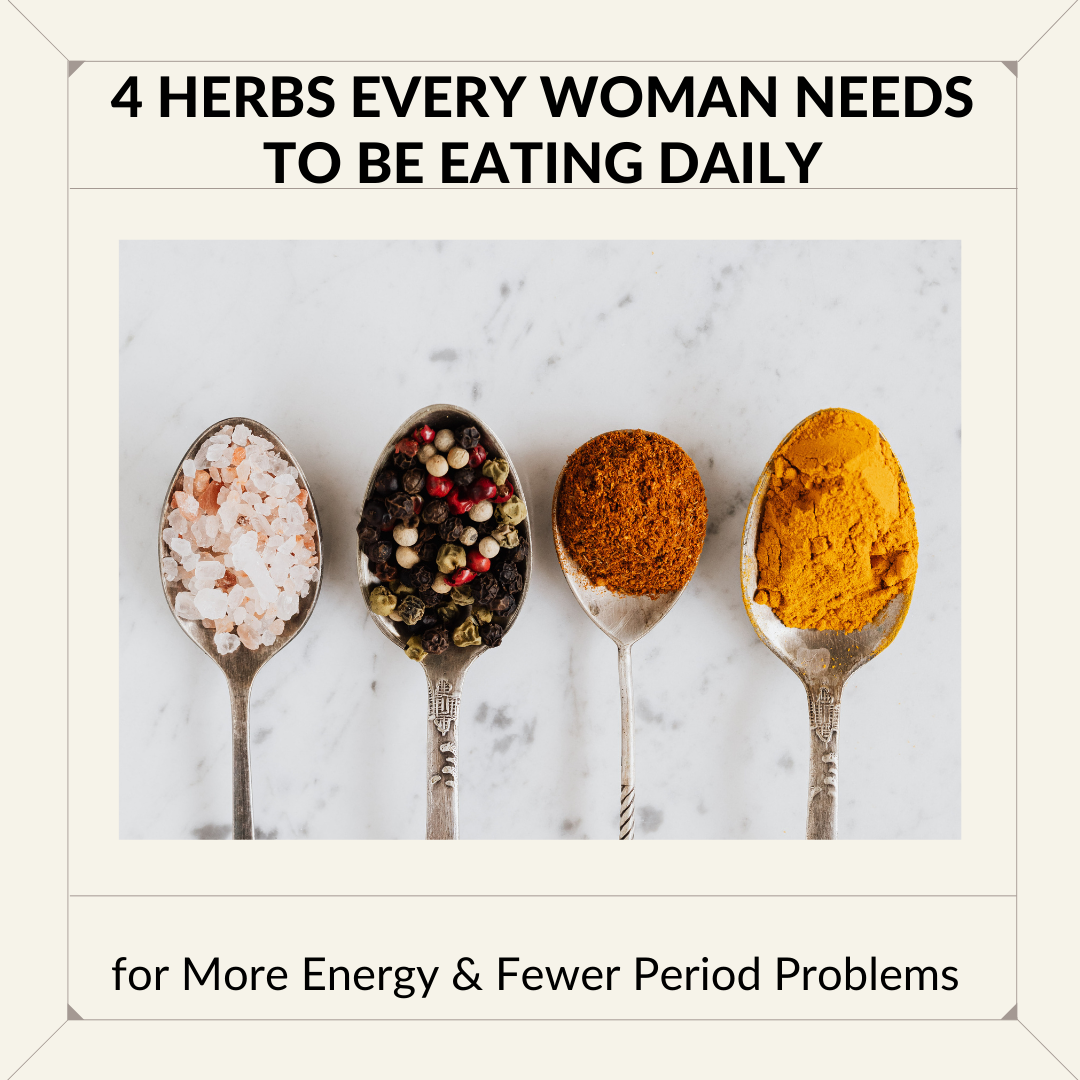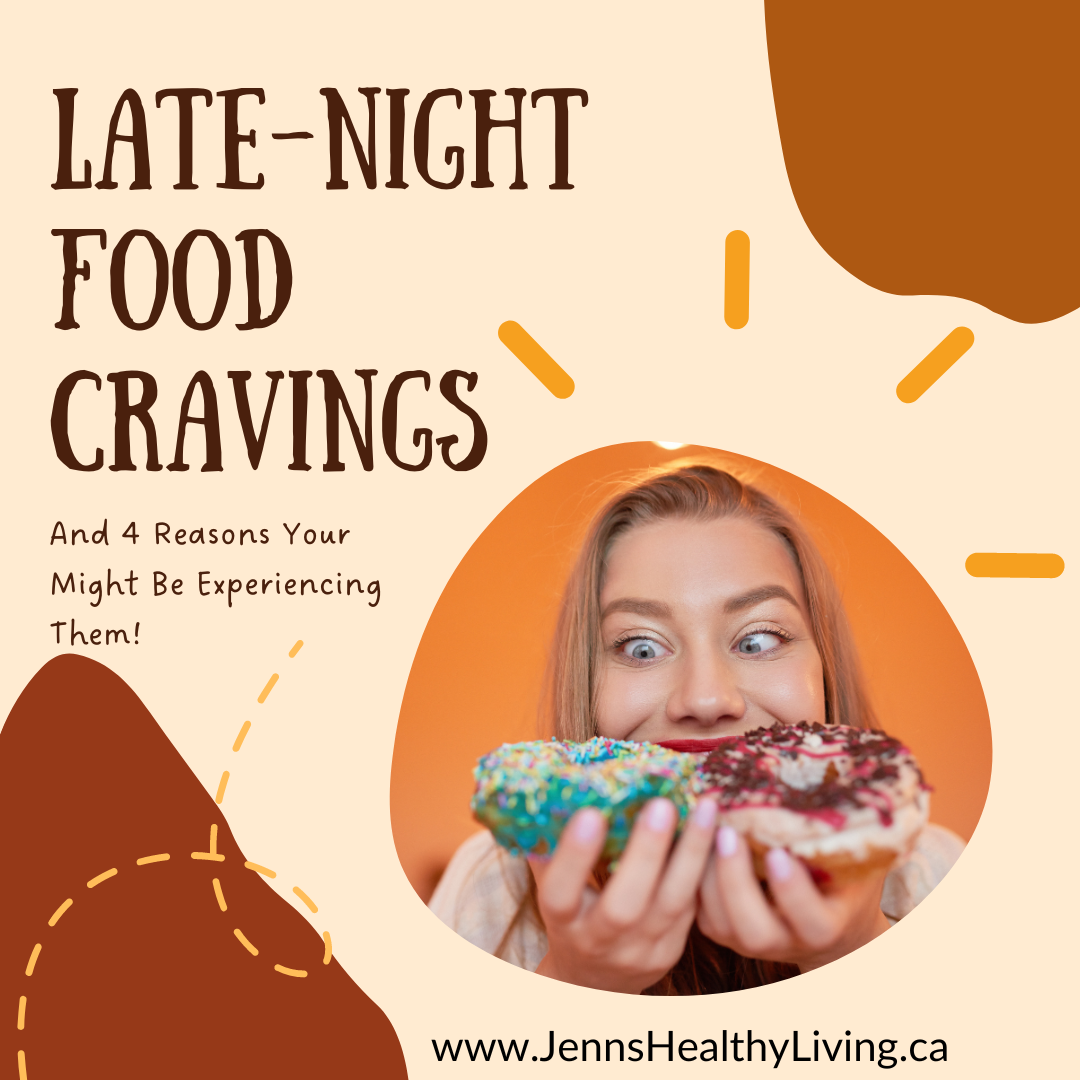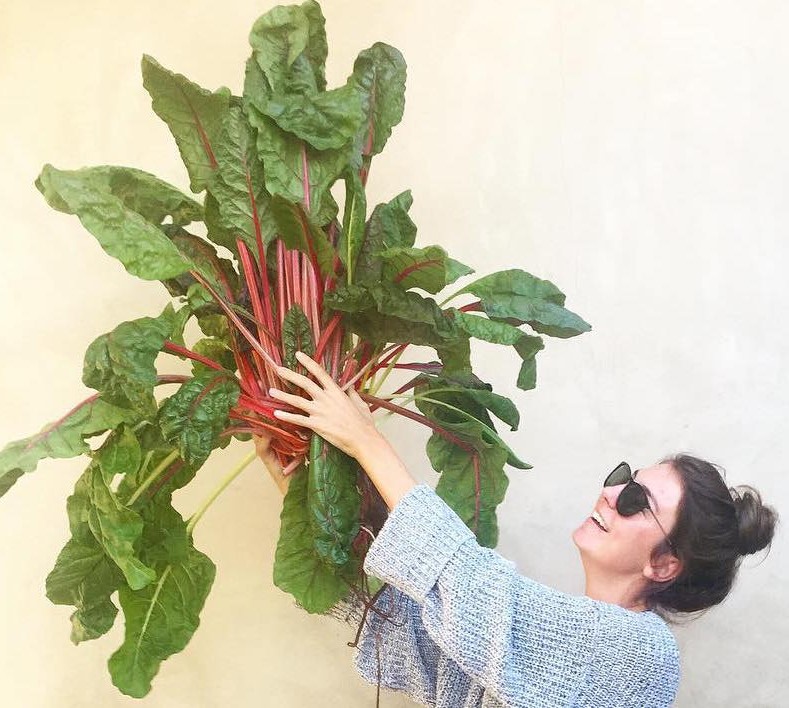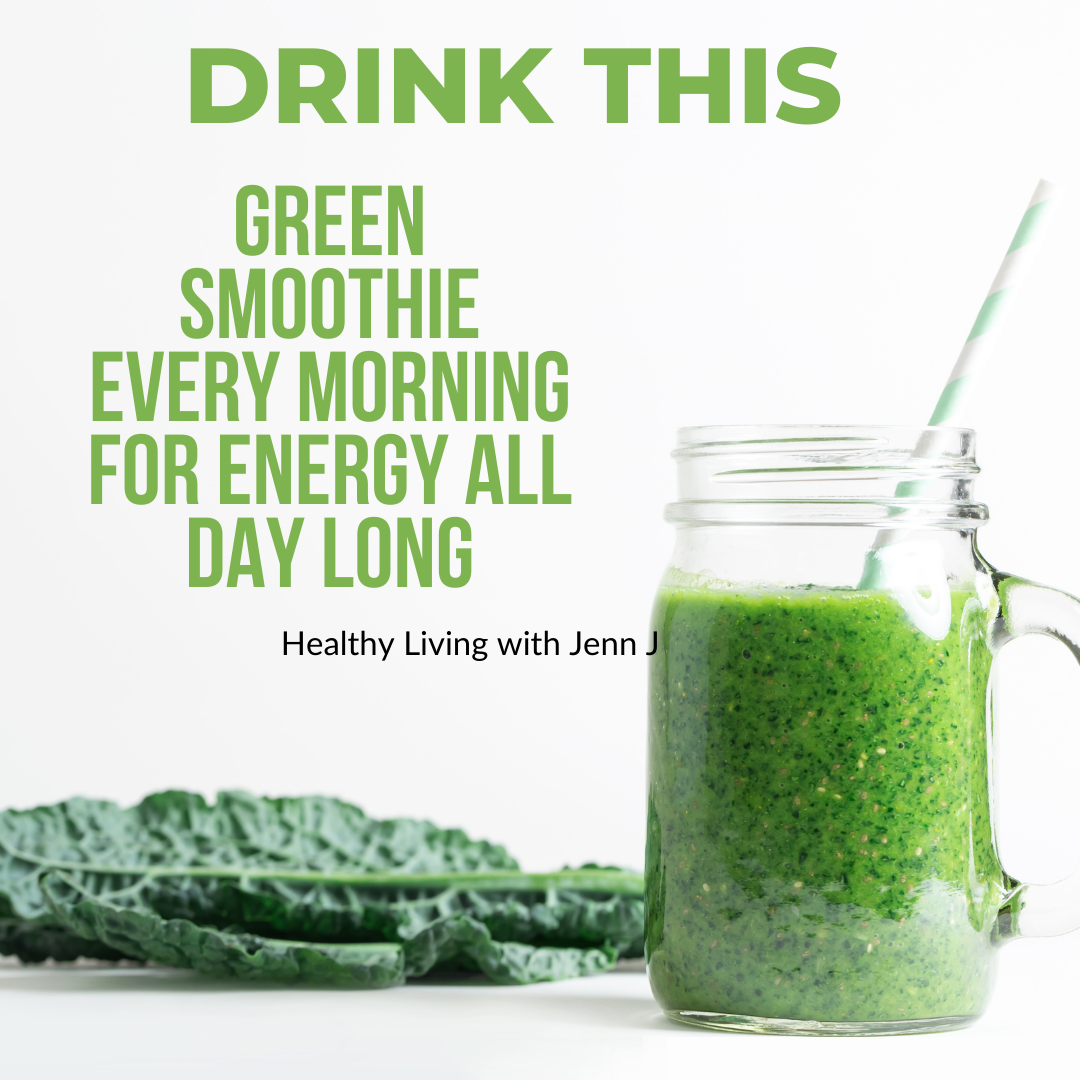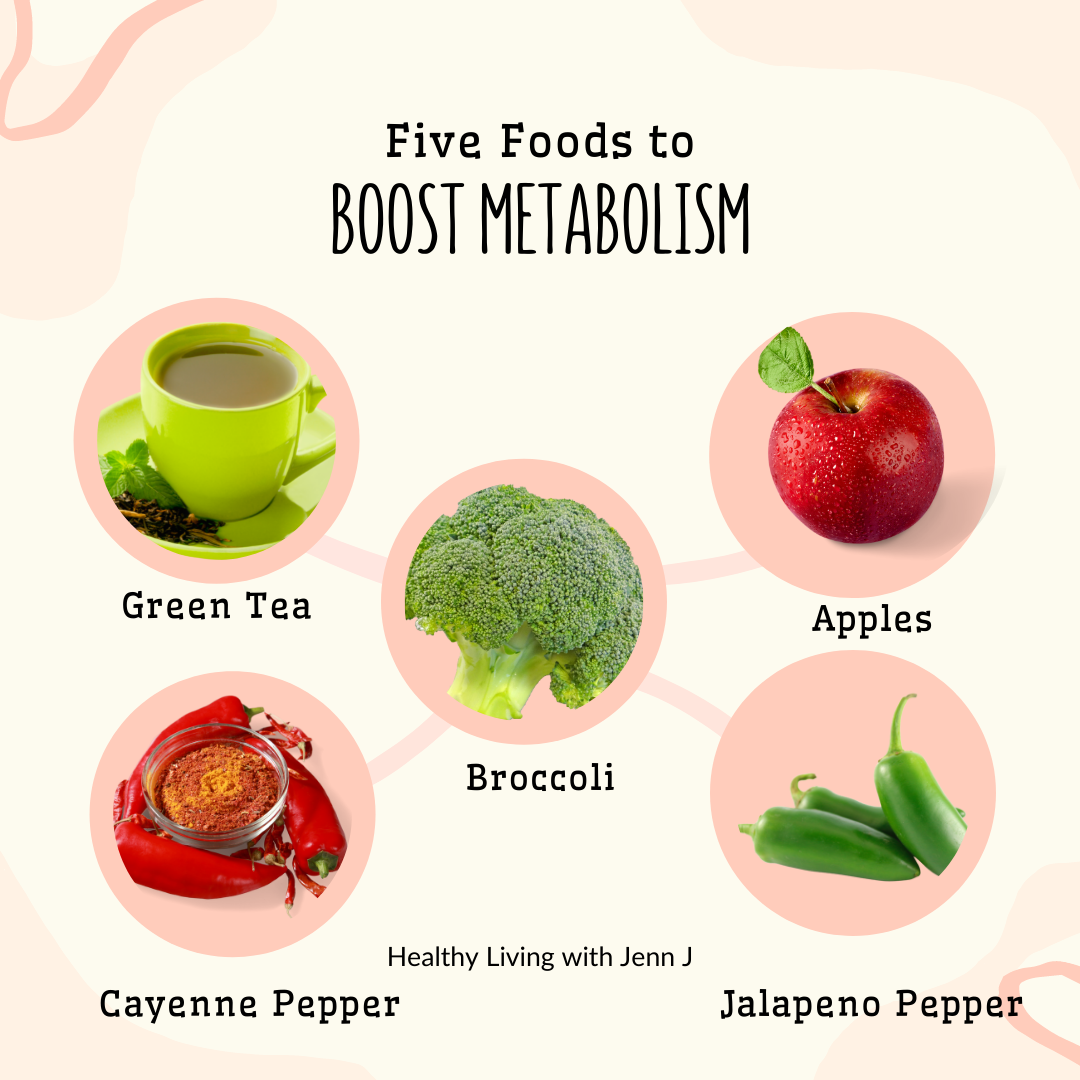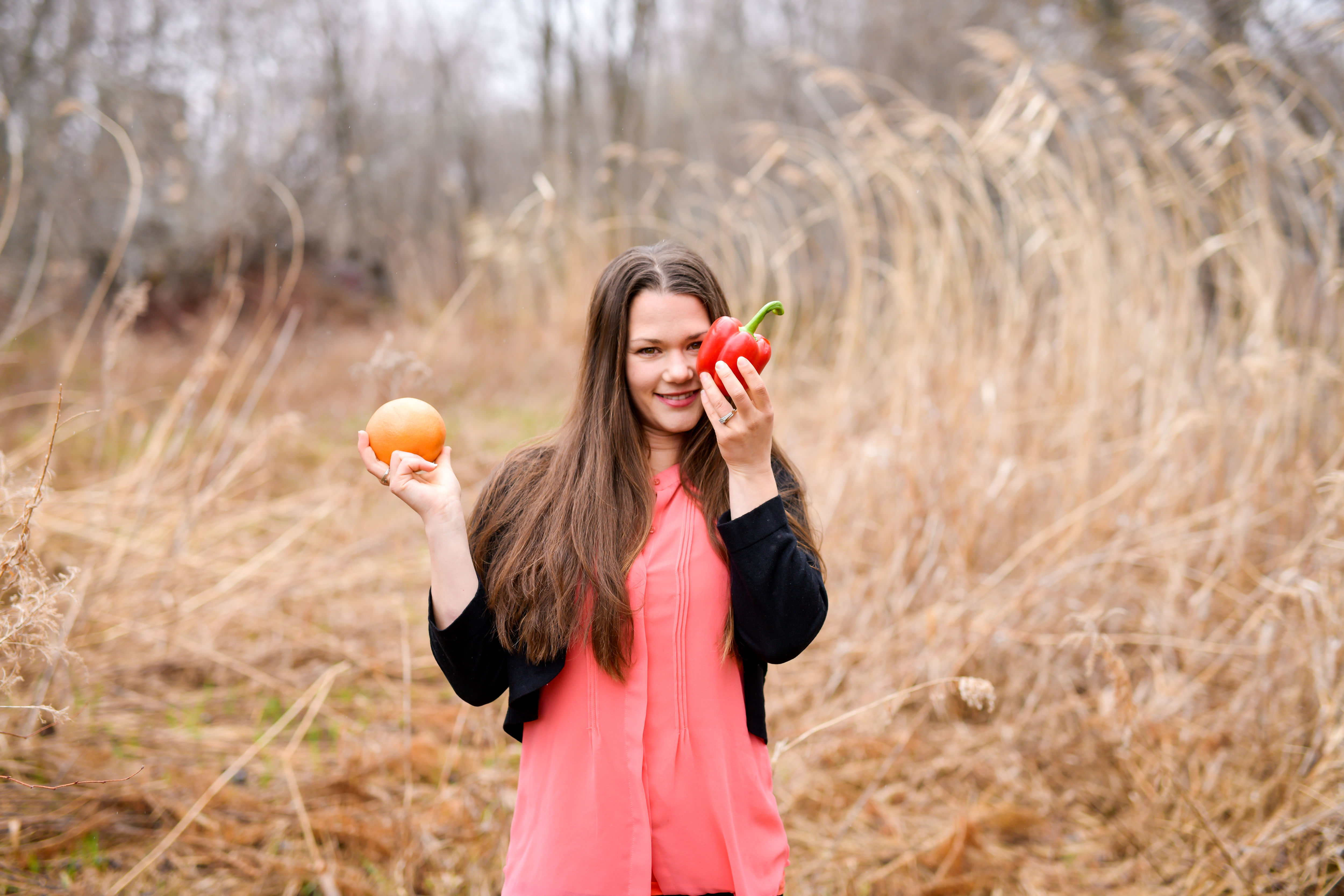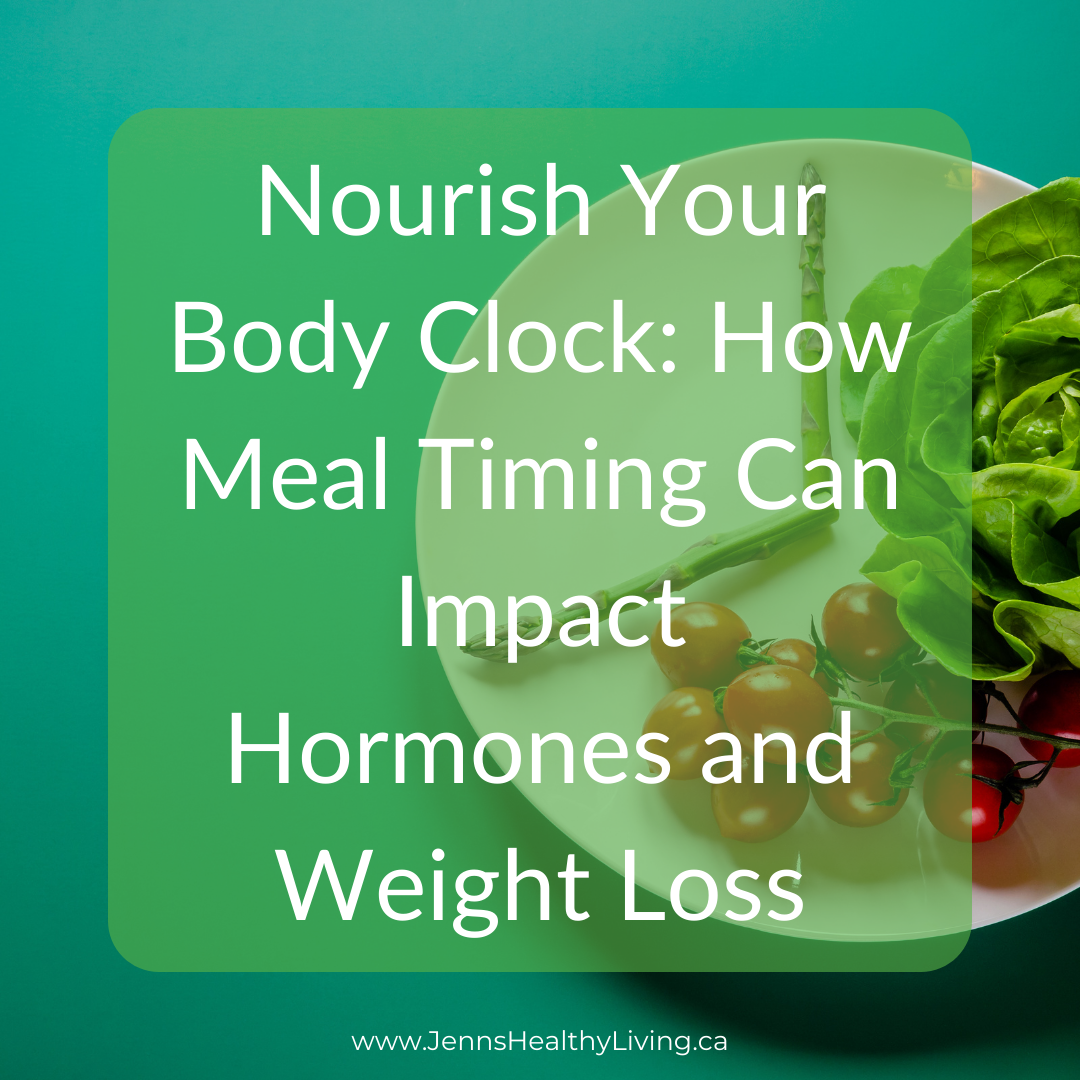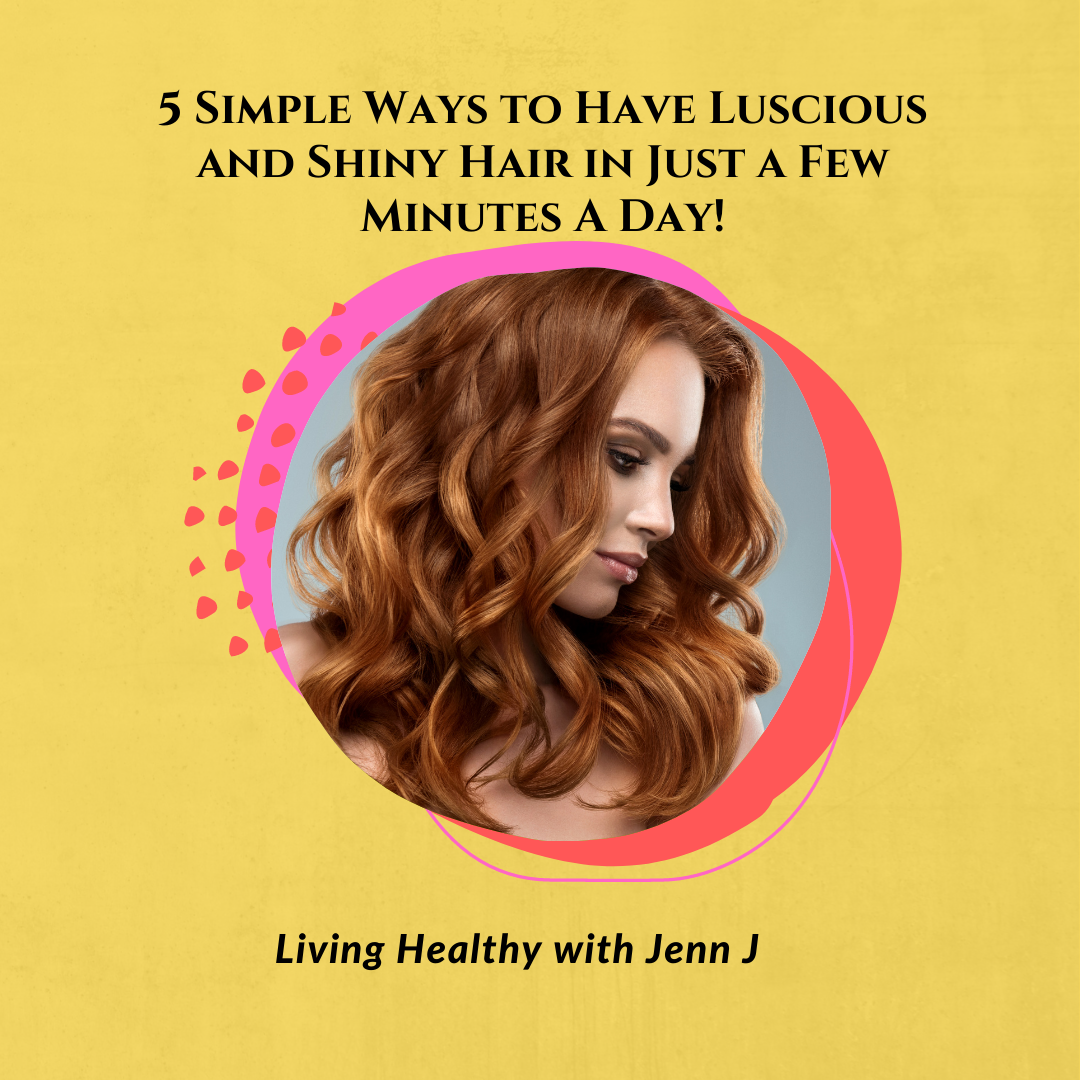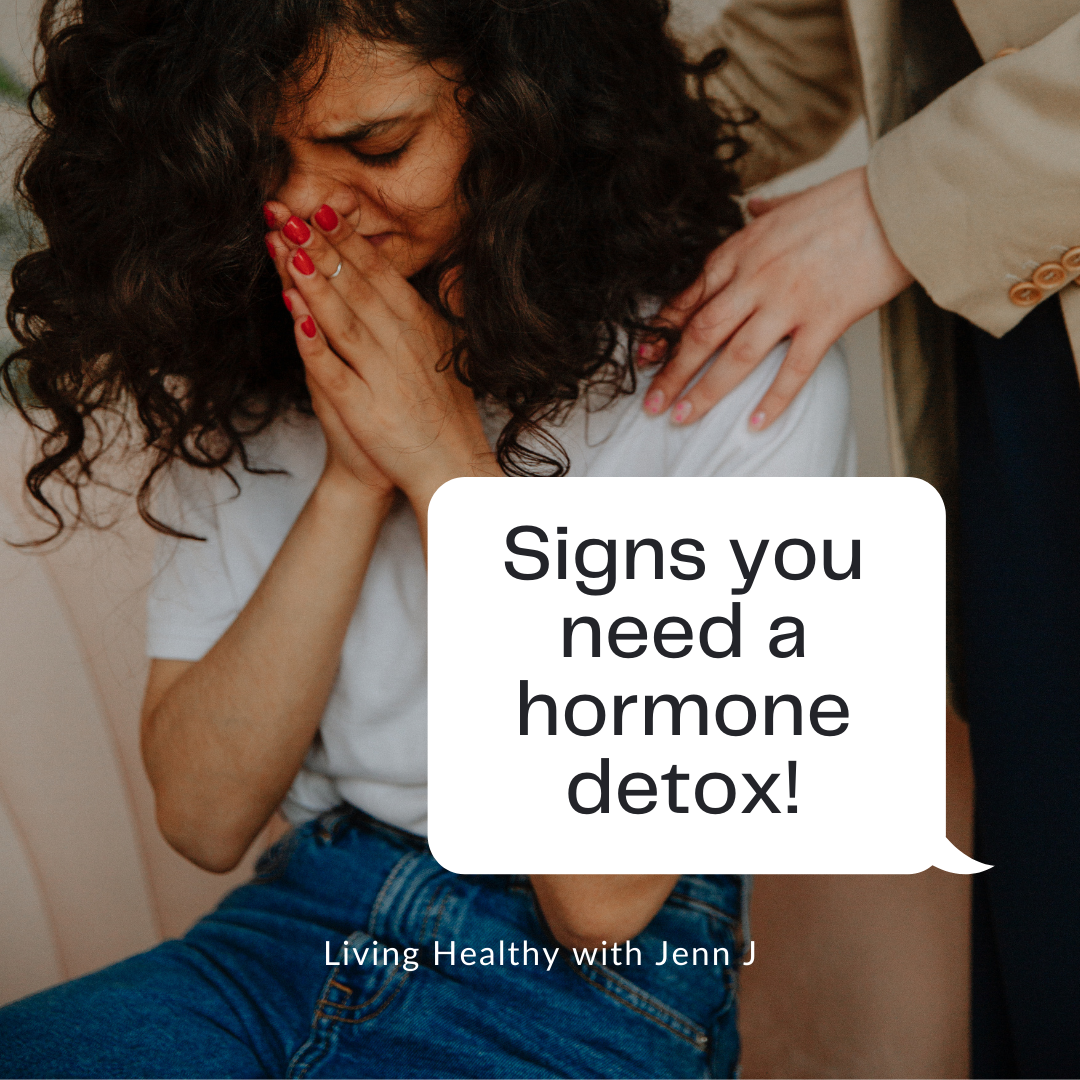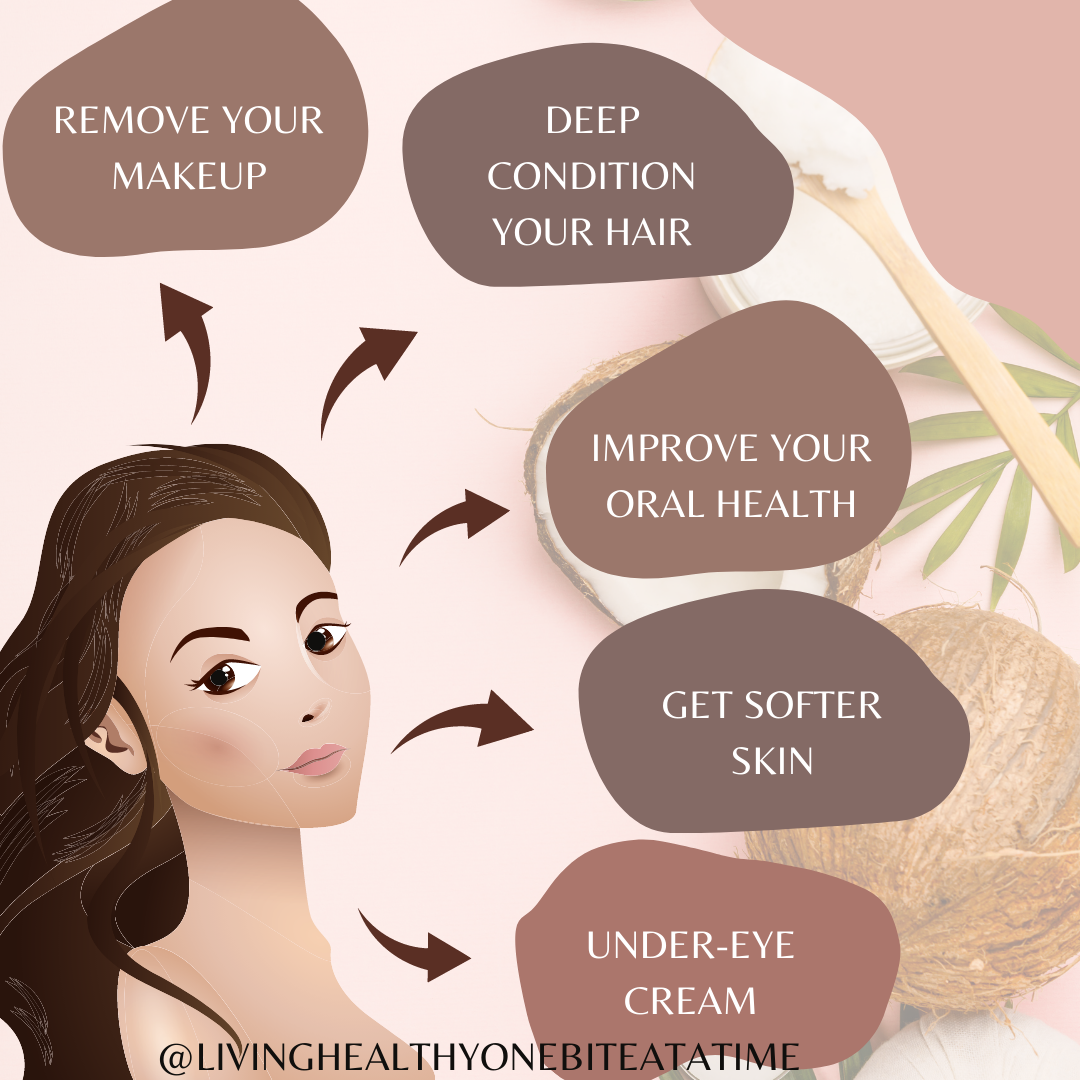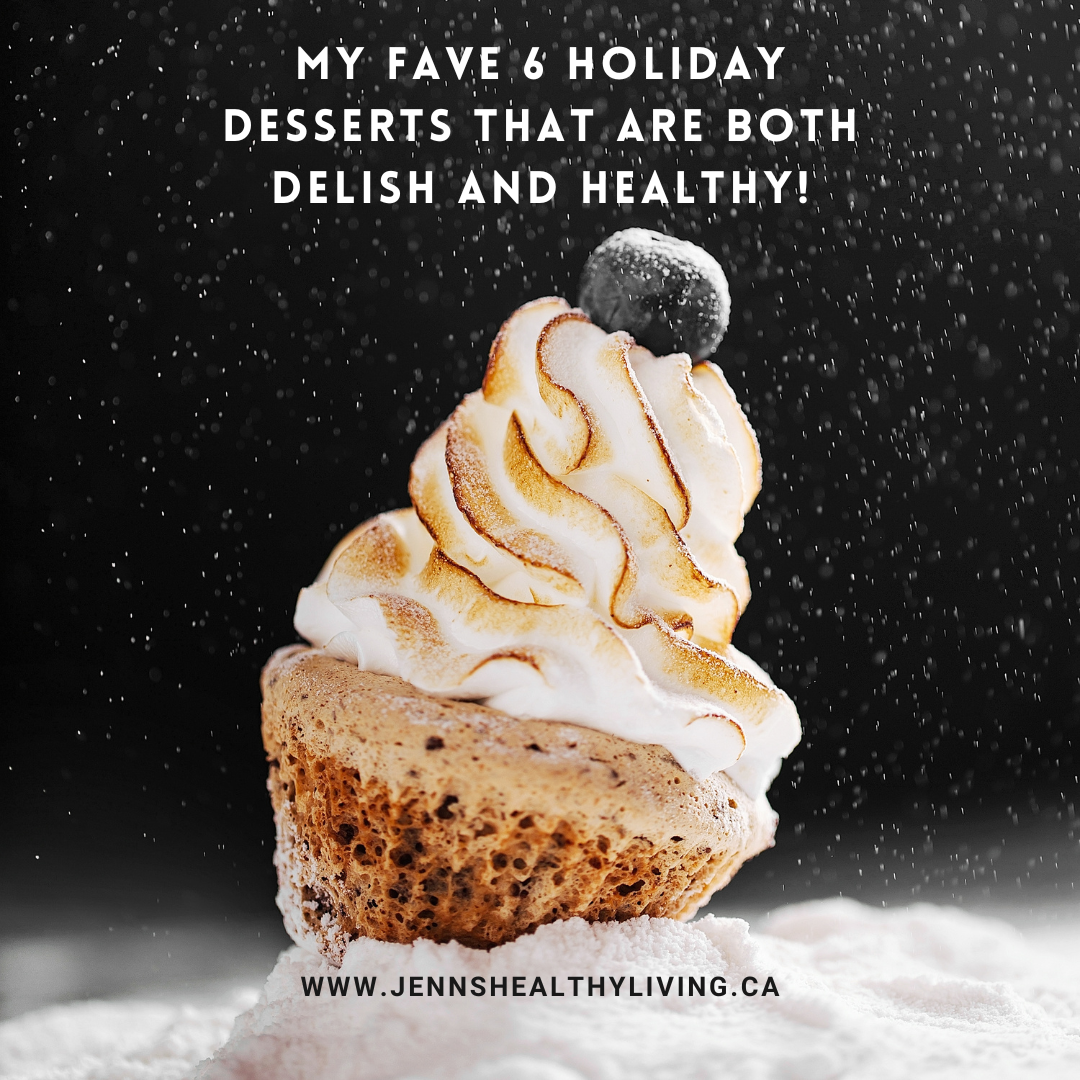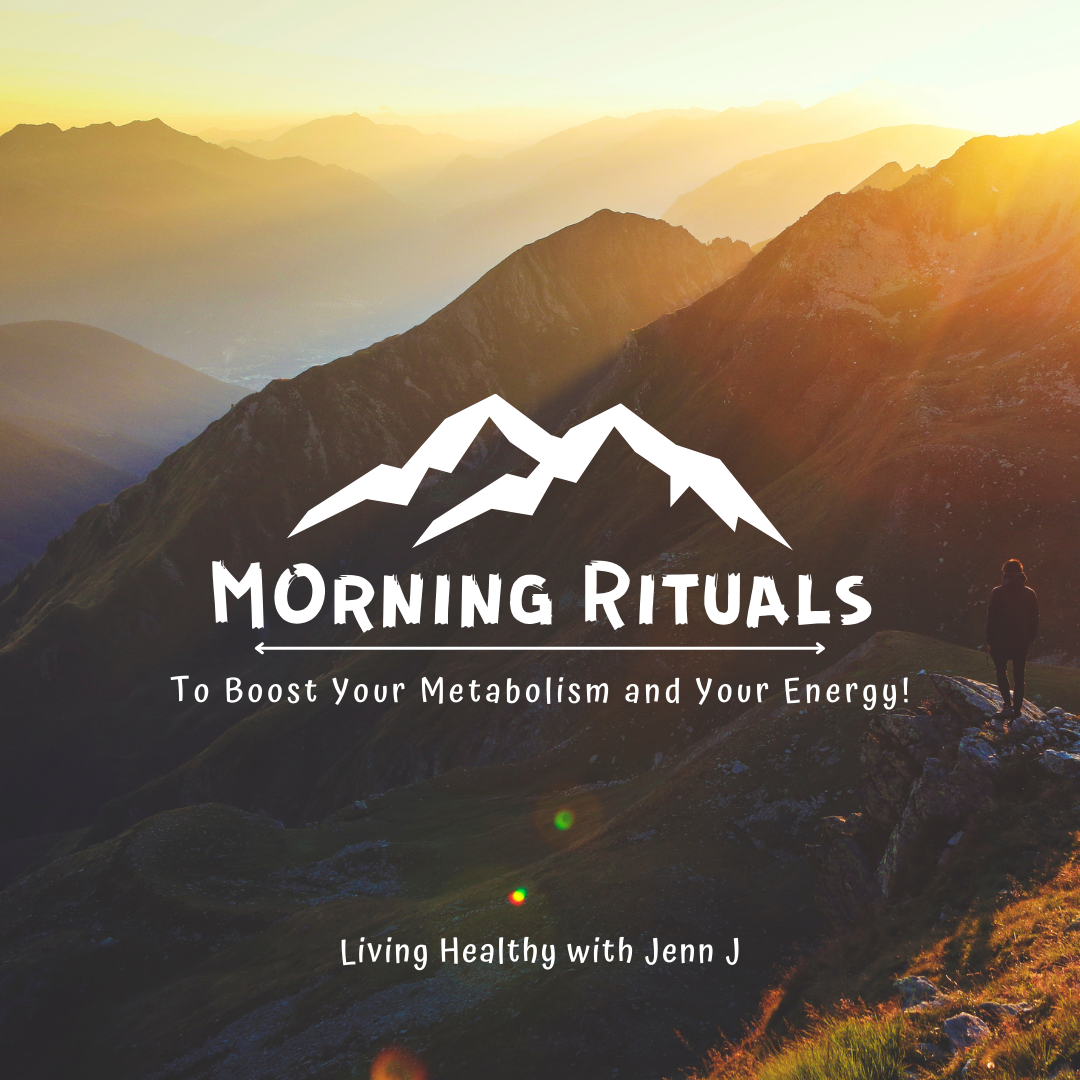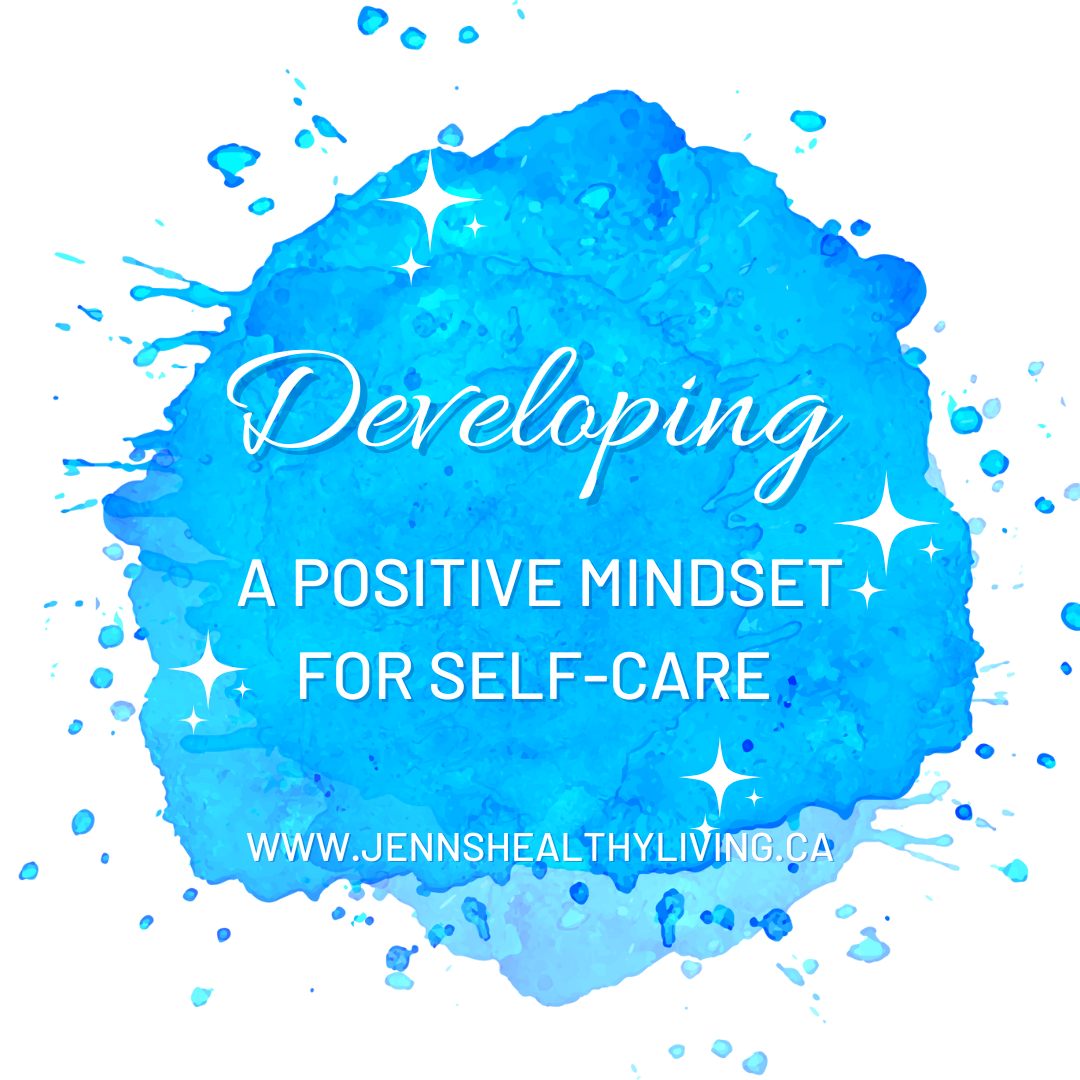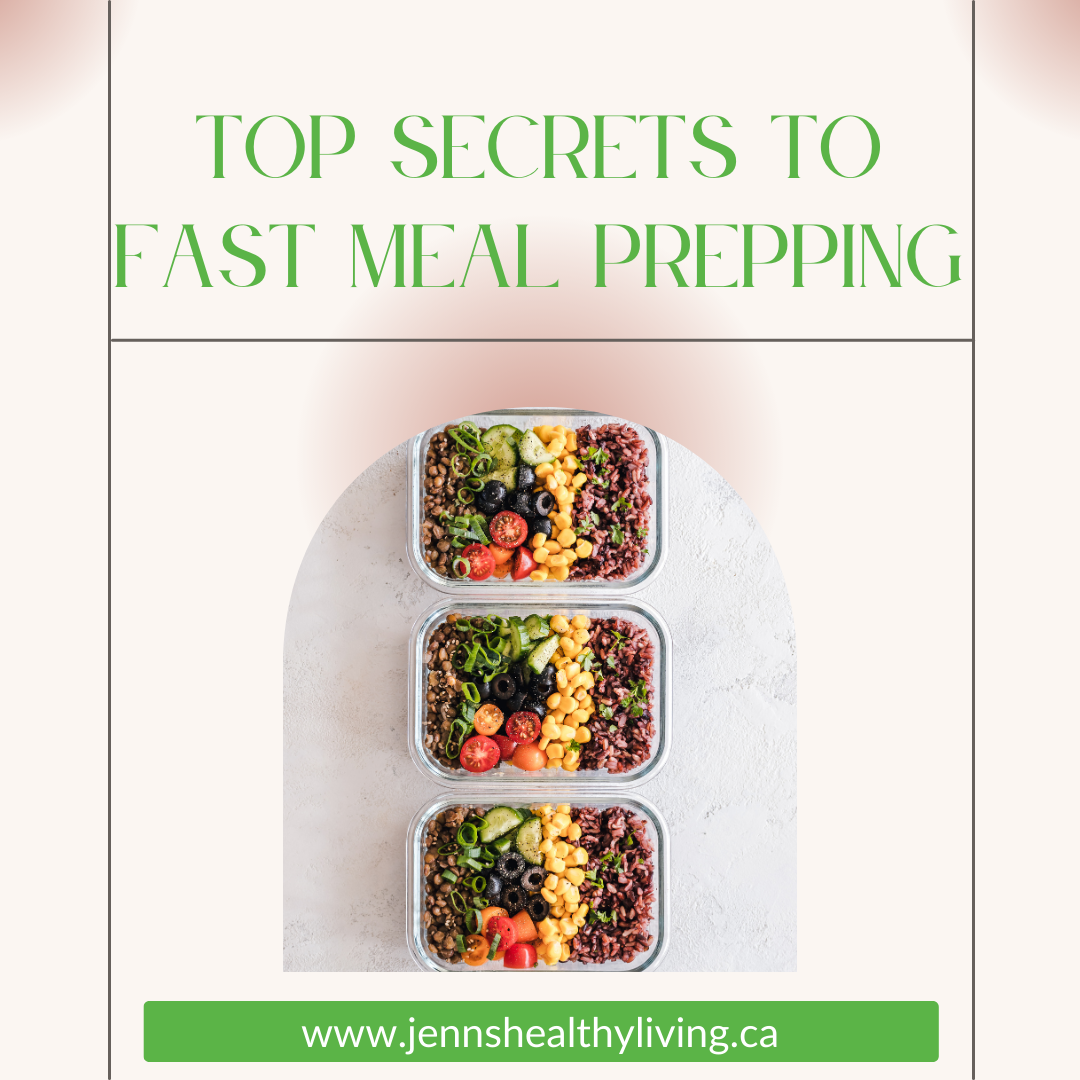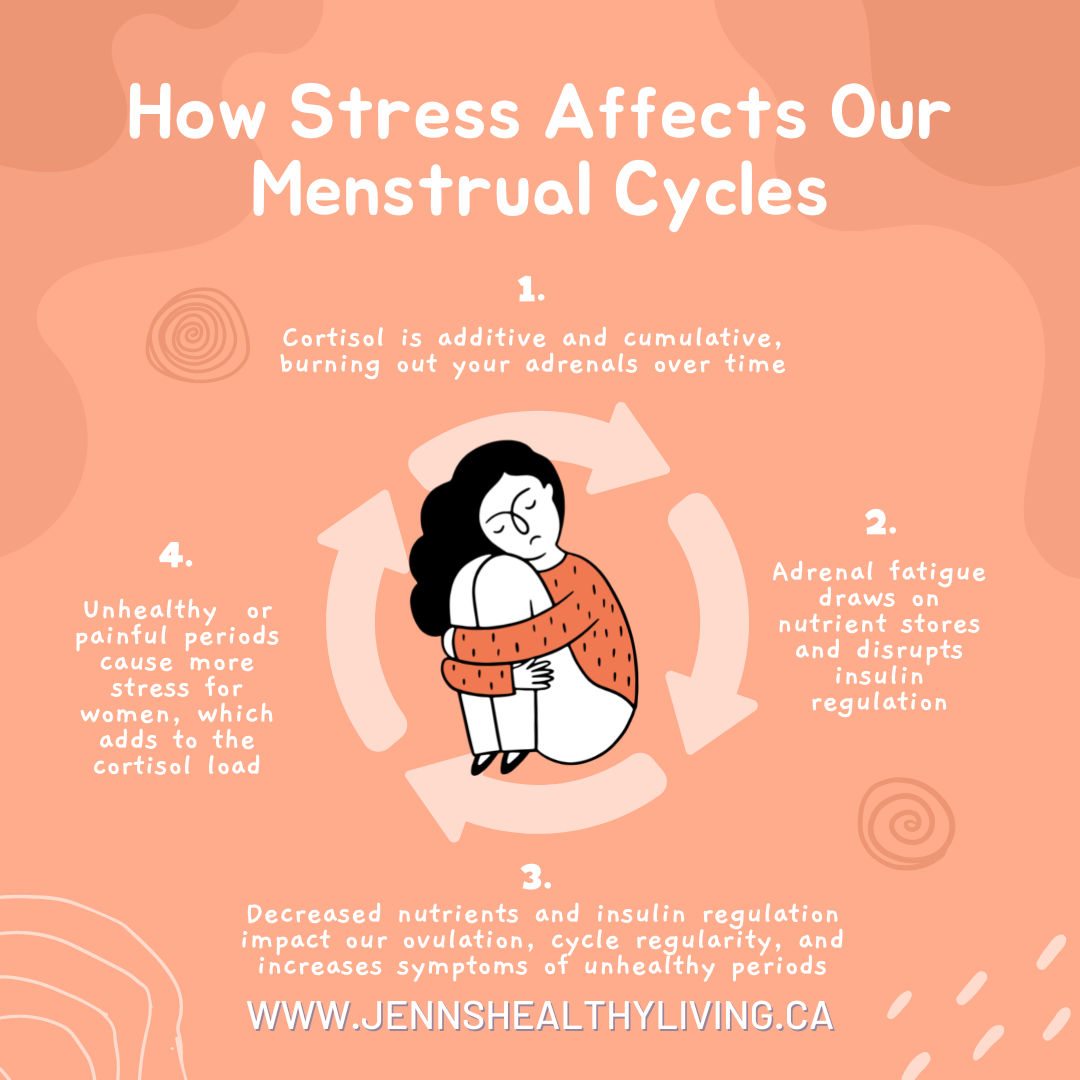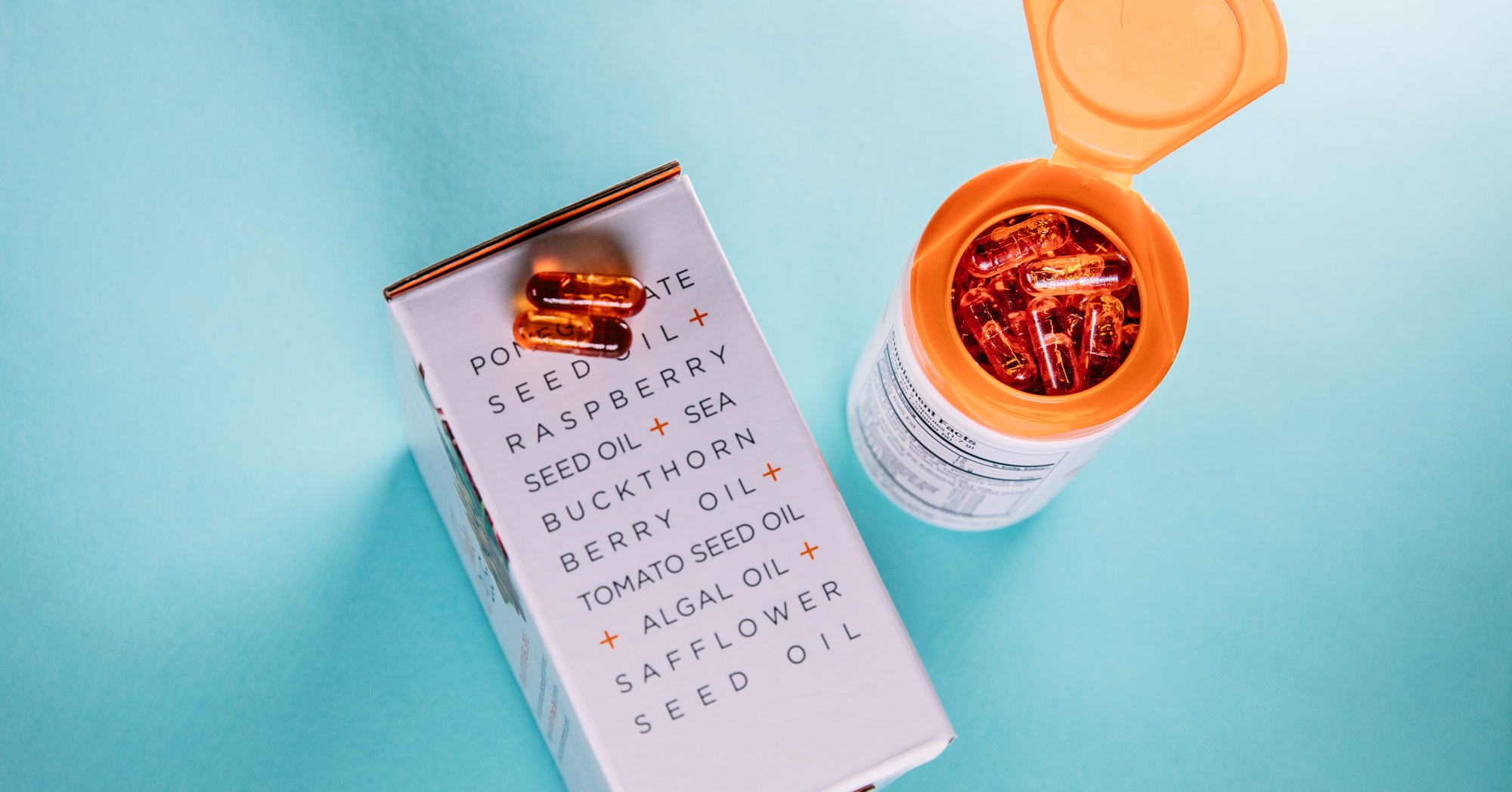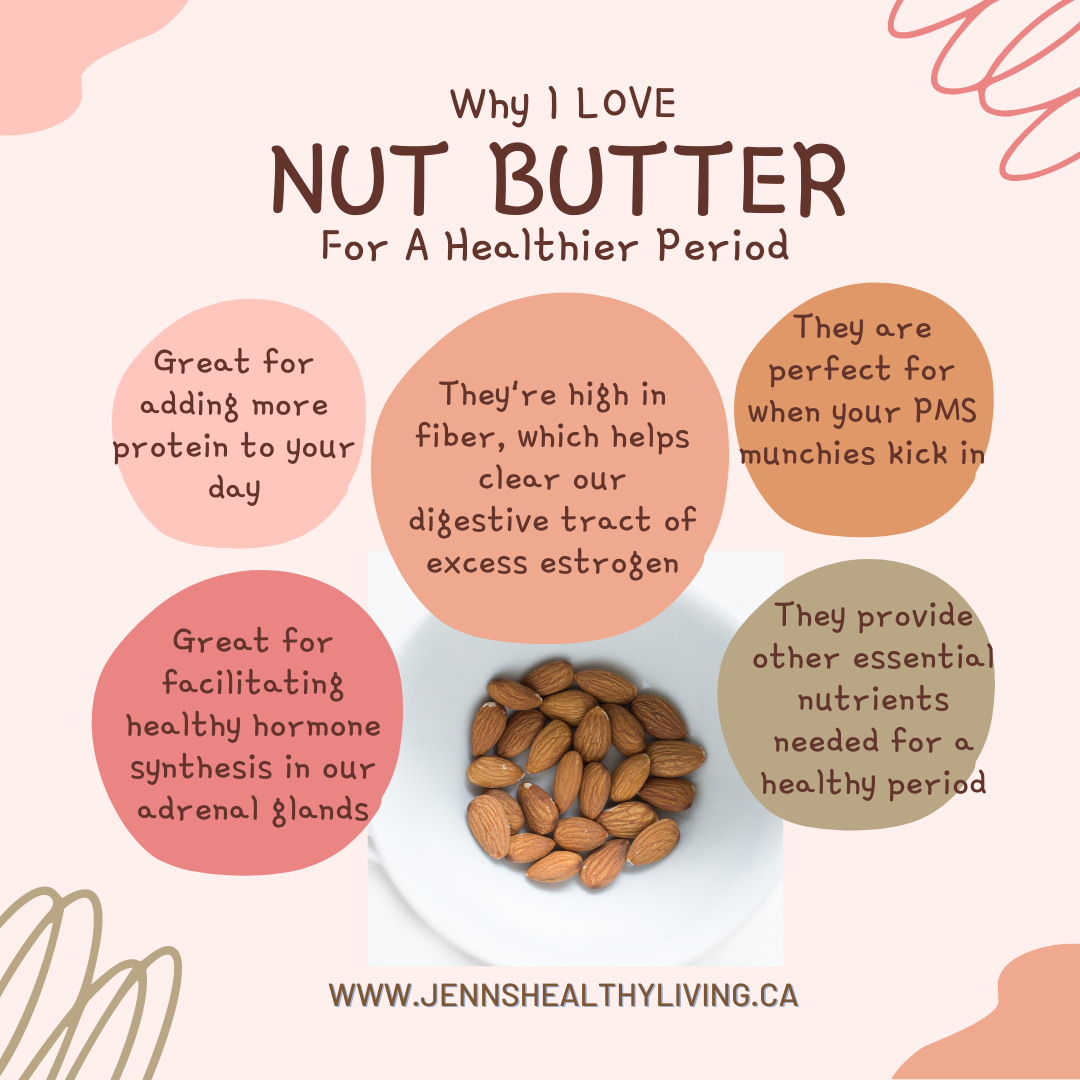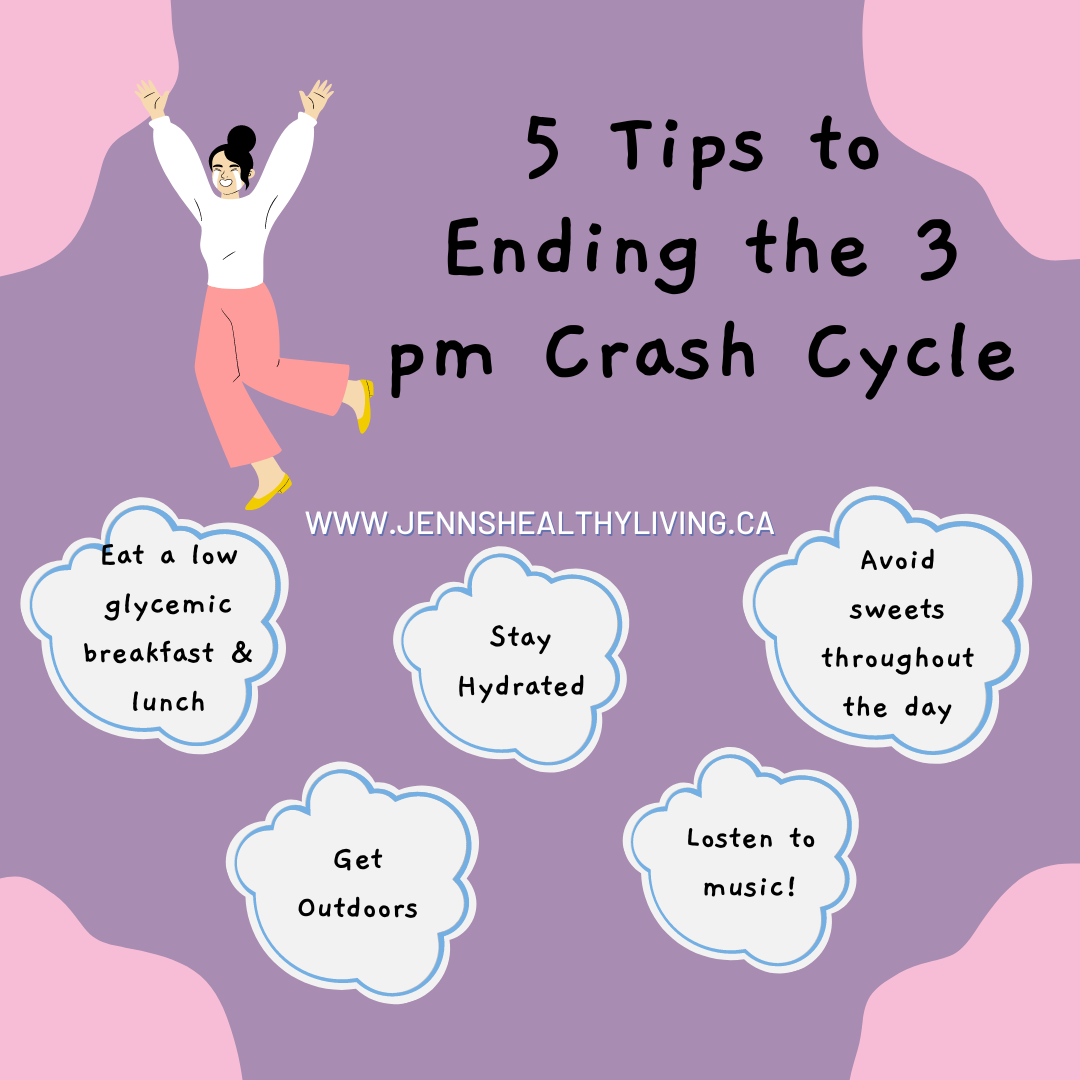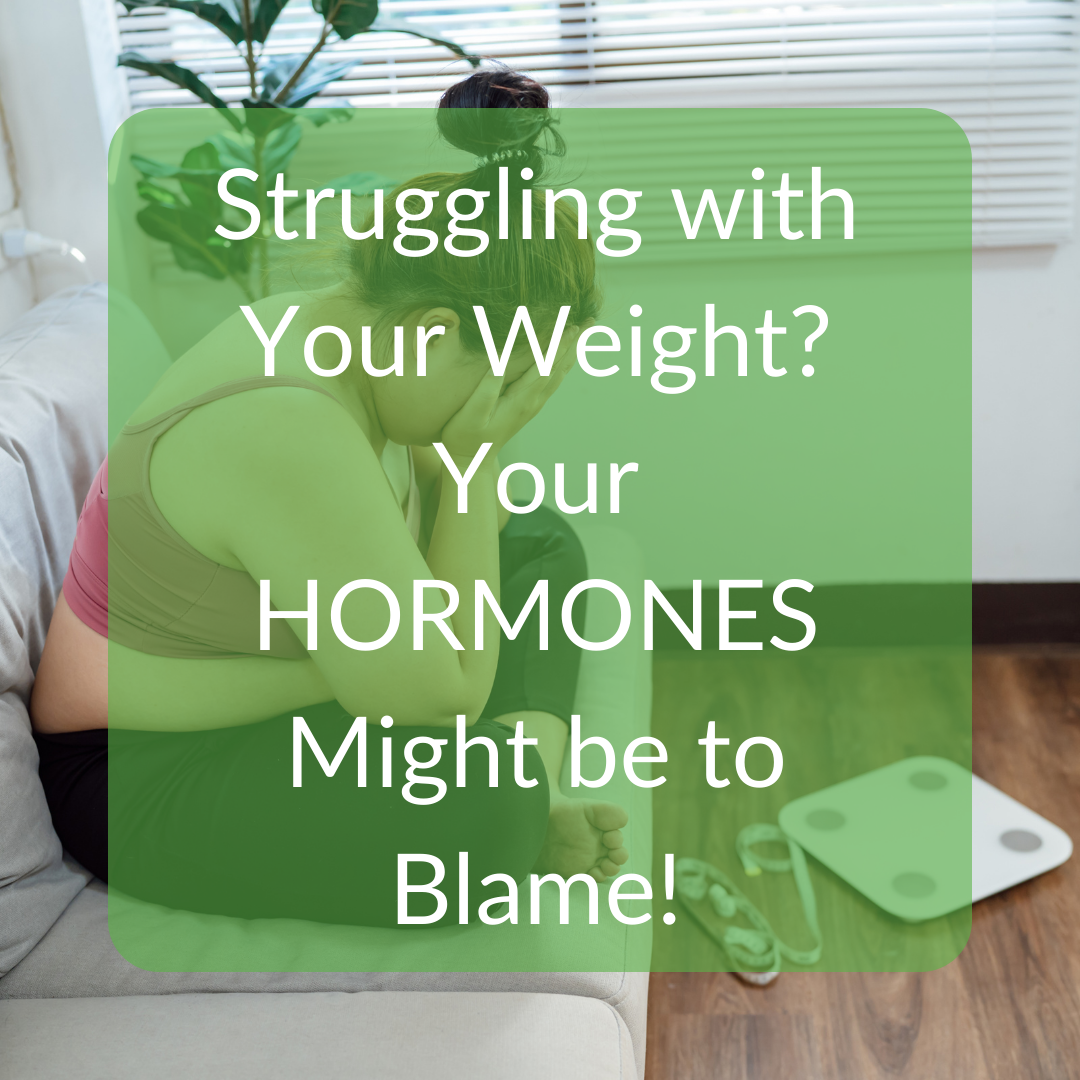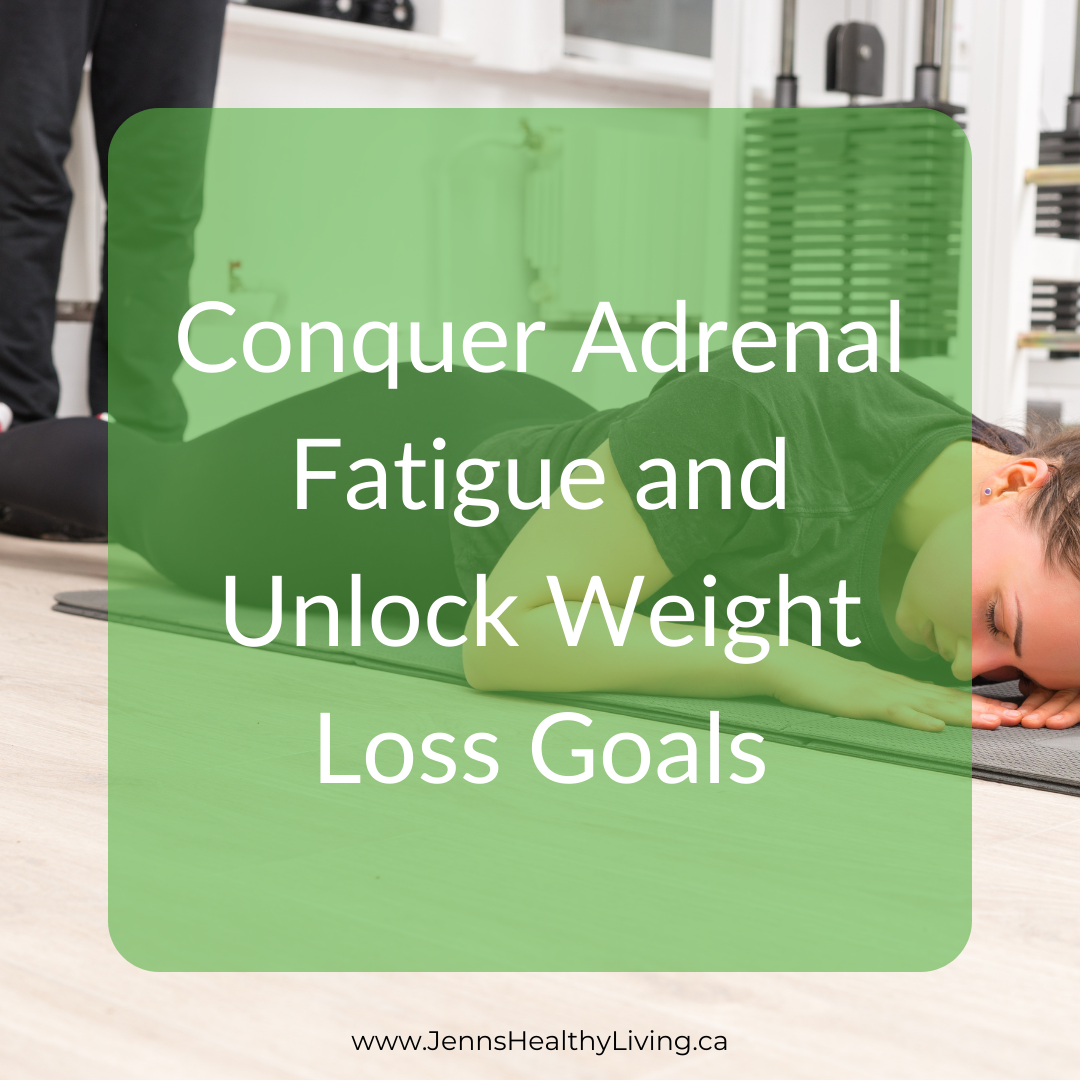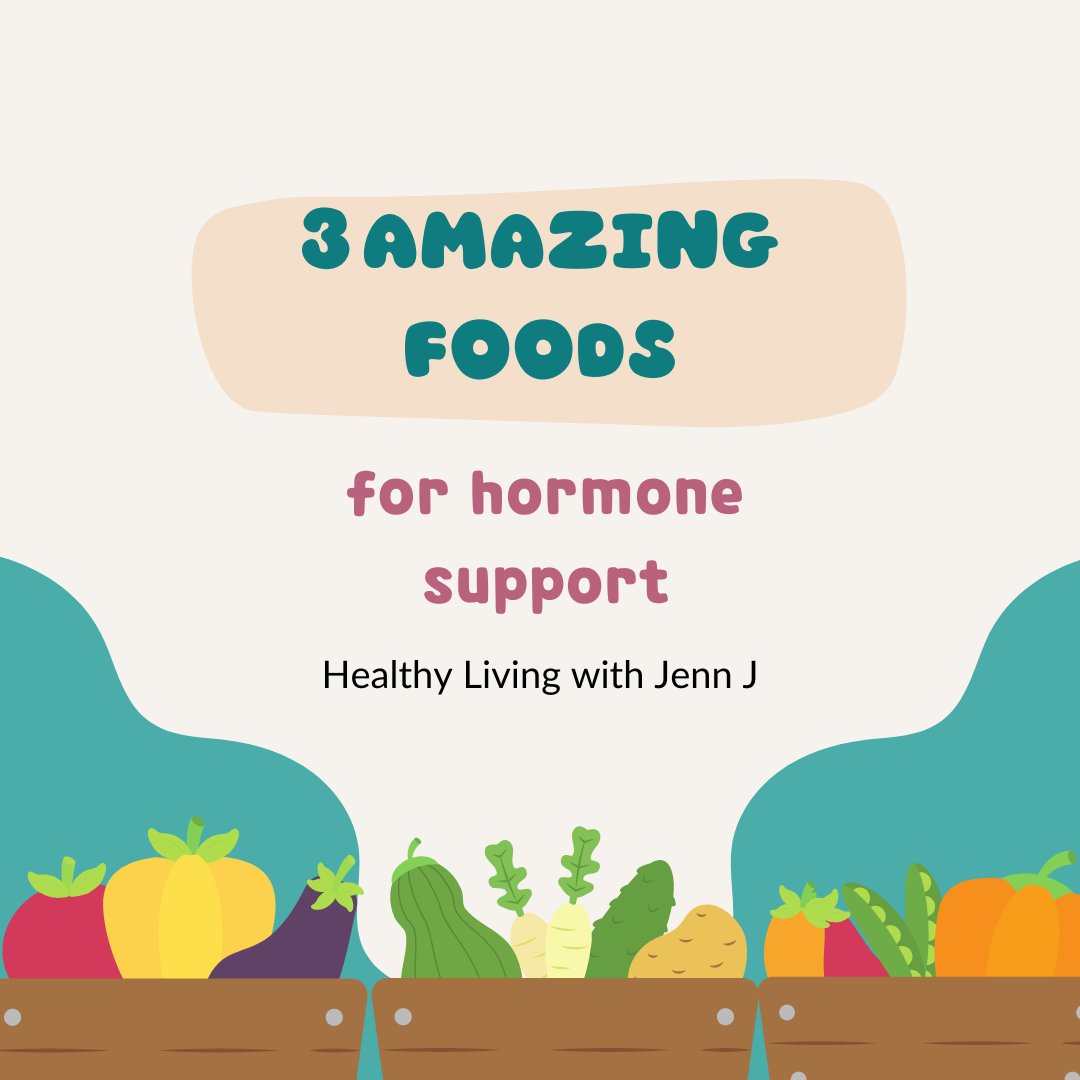5 Foods To Avoid During The Holiday Season And Why
It's the most wonderful time of the year, and while that typically means good food and fun times with friends and family, it can also mean lots of unhealthy eating. From pumpkin pies to Nanaimo bars and Christmas cookies, there are tons of delicious - but not always healthy - foods to tempt us during the holidays. This can be a challenging time for those trying to stick to a healthy diet, but with a little planning, you can enjoy the holiday season without overindulging.
If you're really wanting to try a few healthier habits this holiday season, there are specific foods you could avoid that can help you feel better this year and we’re going to break down what exactly they are and why right here.
1. Dark Meat Turkey w/ Skin
Some families decide on turkey for both Thanksgiving and Christmas, but one thing you should try to avoid, specifically, is dark meat turkey with the skin on. And while turkey is an amazing food to consume for hormone health, dark meat—especially with the skin—contains as much as twice the fat content as other cuts.
Consuming high levels of fats can make it difficult for the liver to detox efficiently, slowing it down and clogging it up1. This can lead to an excess of estrogen circulating in the bloodstream and wreaking havoc on your menstrual cycle and hormonal symptoms. Higher estrogen is known as Estrogen Dominance, which is one of the main underlying issues for many of my clients suffering from painful periods, PMS mood swings, low energy, and weight issues!
You can substitute by simply switching it out with white meat turkey and avoiding the skin OR consider trying a different entree for your holiday feast this year!
I personally LOVE making a lentil loaf in place of turkey and ham. You can find my favourite recipe for that on page 13 in the "Revolution Recipes: Healthy Holidays"! recipe book, right HERE!
2. Canned Gravy
If you decide on using gravy for your turkey or lentil loaf, you may want to opt for making your own, homemade version. Regular, store-bought gravy is packed with sodium, including white flour and cornstarch to thicken the gravy. Instead of using so much salt, you can use savory herbs instead and also create a thickness using stock.
Since increased sodium intake increases our risks of cardiovascular disease and stroke, we want to limit this where we can. ESPECIALLY if we're dealing with hormonal imbalances, as increased estrogen levels can also affect the health of our cardiovascular system!2
My favourite gravy recipe can be found on page 14 of THIS recipe book, "Revolution Recipes: Healthy Holidays"!
3. Pie
Pie is a sought-after dessert typically enjoyed after your holiday dinner. Any kind of dessert, including pie, is often high in sugar and fat. Instead of indulging in these high-sugar, high-fat desserts, you can substitute for desserts that are lower in fats and oils such as sorbet or fruit.
If you're set on having pie for the holidays, try making the healthier pumpkin pie found on page 15 of "Revolution Recipes: Healthy Holidays"!
4. Eggnog
‘Tis the season, right? Sorry to be the lump of coal and say that eggnog is something you should avoid this holiday season if you want to get healthy. It’s full of cream, sugar, and eggs that make the holiday beverage high in cholesterol, saturated fat, and calories. You can whip up your own version of it at home by combining a few tablespoons of unsweetened cocoa powder, a cup of skim milk, and a splash of light eggnog instead of the usual kind. Or, download THIS smoothie and snack recipe book and skim to page 26 for a healthier no-egg, dairy-free, hormone-friendly version of this classic holiday drink!
5. Alcohol
Lastly, you'll want to reconsider alcohol this holiday season. No, you don't have to cut it all out (though, you definitely can if you want!), but consider drinking less this year.
There has been much in the news lately about the benefits of a moderate amount of alcohol, and we don’t disagree.
- Most people don’t appreciate what the word moderate really means—5 ounces of wine, 12 ounces of beer, or 1.5 ounces of spirits. In real life, these are incredibly small portions.
- There are safer ways to achieve relaxation and improved antioxidant statuses, such as exercise and a diet rich in fruits, vegetables, and berries.
Since the body is not able to store alcohol, as soon as you drink it, you trigger pathways to break it down, pathways that shunt energy and enzymatic resources that would otherwise be used to help with detoxification. Specifically the breakdown of excess hormones and toxins in the liver. Inhibiting proper detoxification pathways can contribute to more difficult periods, painful periods, mood swings, anxiety, and fatigue.
The bottom line is that alcohol deters us from our health goals by disrupting:
- sleep
- normal liver function of detoxification
- normal liver function of fat metabolism.
You may be wondering how alcohol can disrupt sleep, as many use it as a sleep aid. The reality is that the byproducts of alcohol disrupt normal sleep because the brain attempts to multitask—get deep sleep (delta waves) while trying to create a relaxed awakened state (alpha waves) at the same time.3
Having both delta and alpha activity together, therefore, leads to disrupted sleep, since the alpha functions tend to offset any restorative efforts of delta waves. These opposing alpha-delta brain patterns during sleep have been linked to daytime drowsiness, waking up not feeling rested, and symptoms like headaches and irritability.
Instead, I really love to make some of these non-alcoholic versions of some of my favourite drinks and cocktails! Check them out right HERE!
When the holidays come around, it's easy to want to indulge in all of your favorite foods. But before you do that, consider how these choices could be affecting your body!
Happy Holidays!
1 https://news.weill.cornell.edu/news/2018/11/high-fat-diet-has-lasting-effects-on-the-liver
2 https://www.ahajournals.org/doi/10.1161/circresaha.110.236687
3 Chan, J. K. M., et al., “The Acute Effects of Alcohol on Sleep Electroencephalogram Power Spectra in Late Adolescence,” Alcohol Clin Exp Res 39, 2015: 291–299

